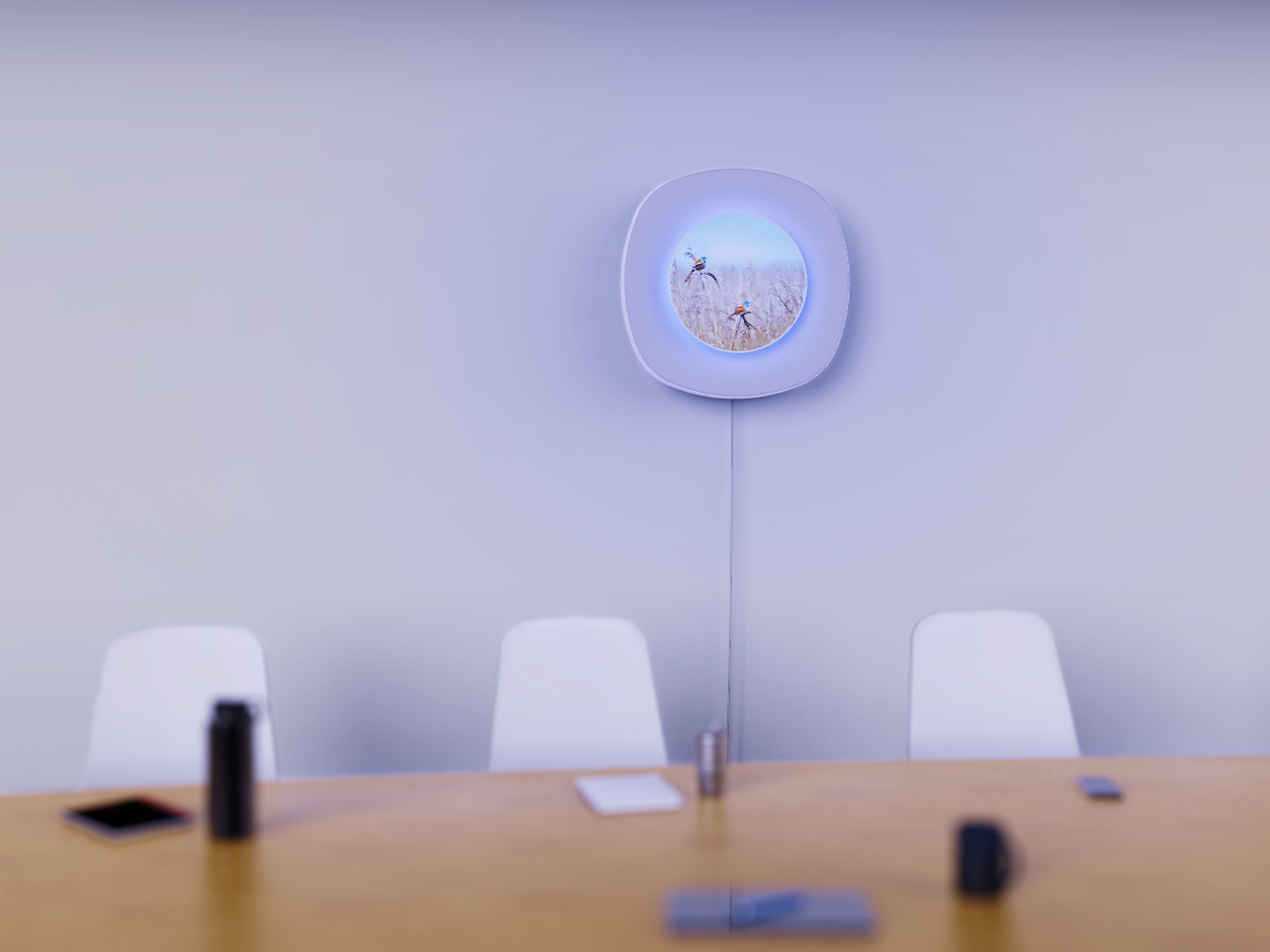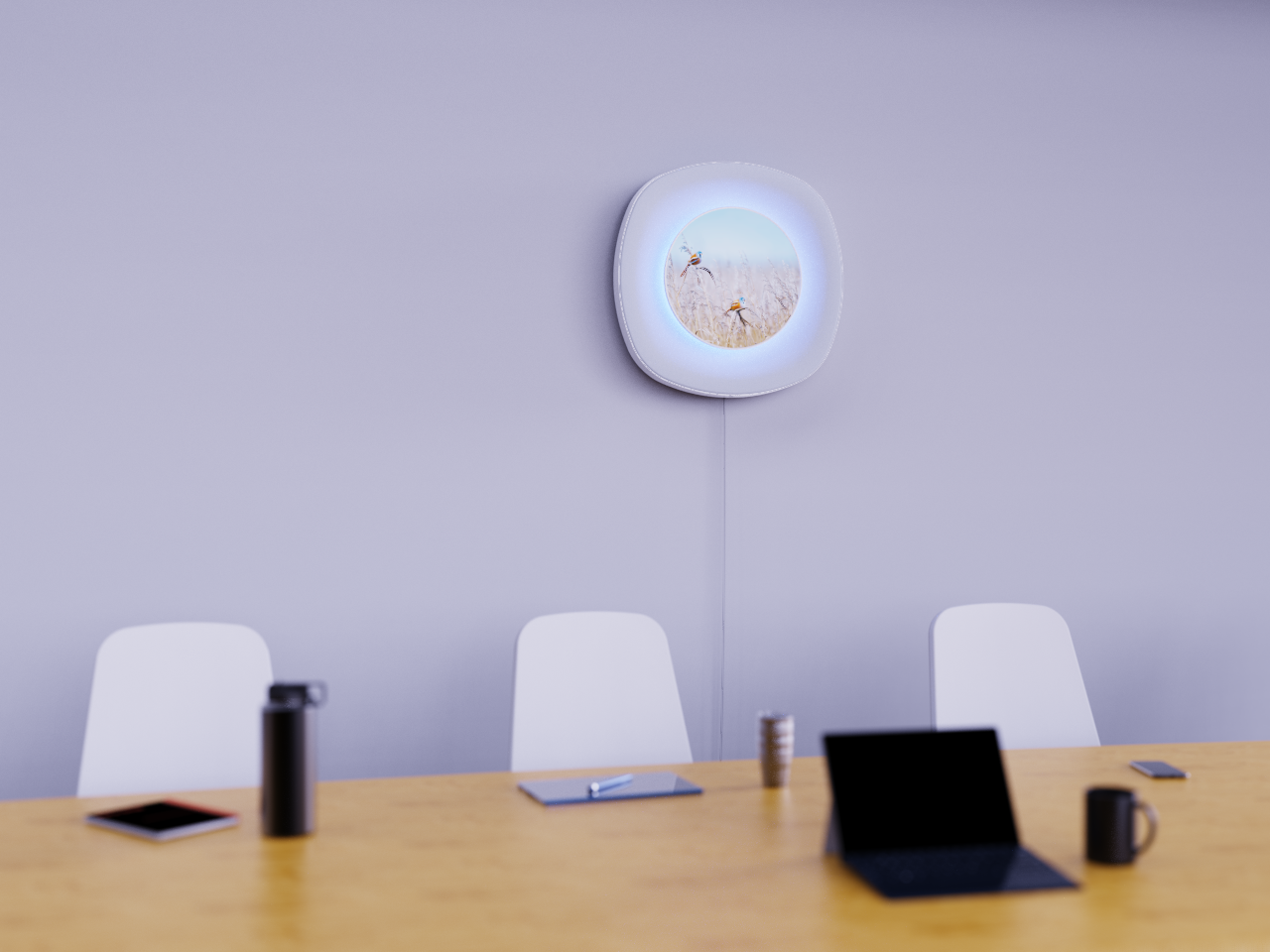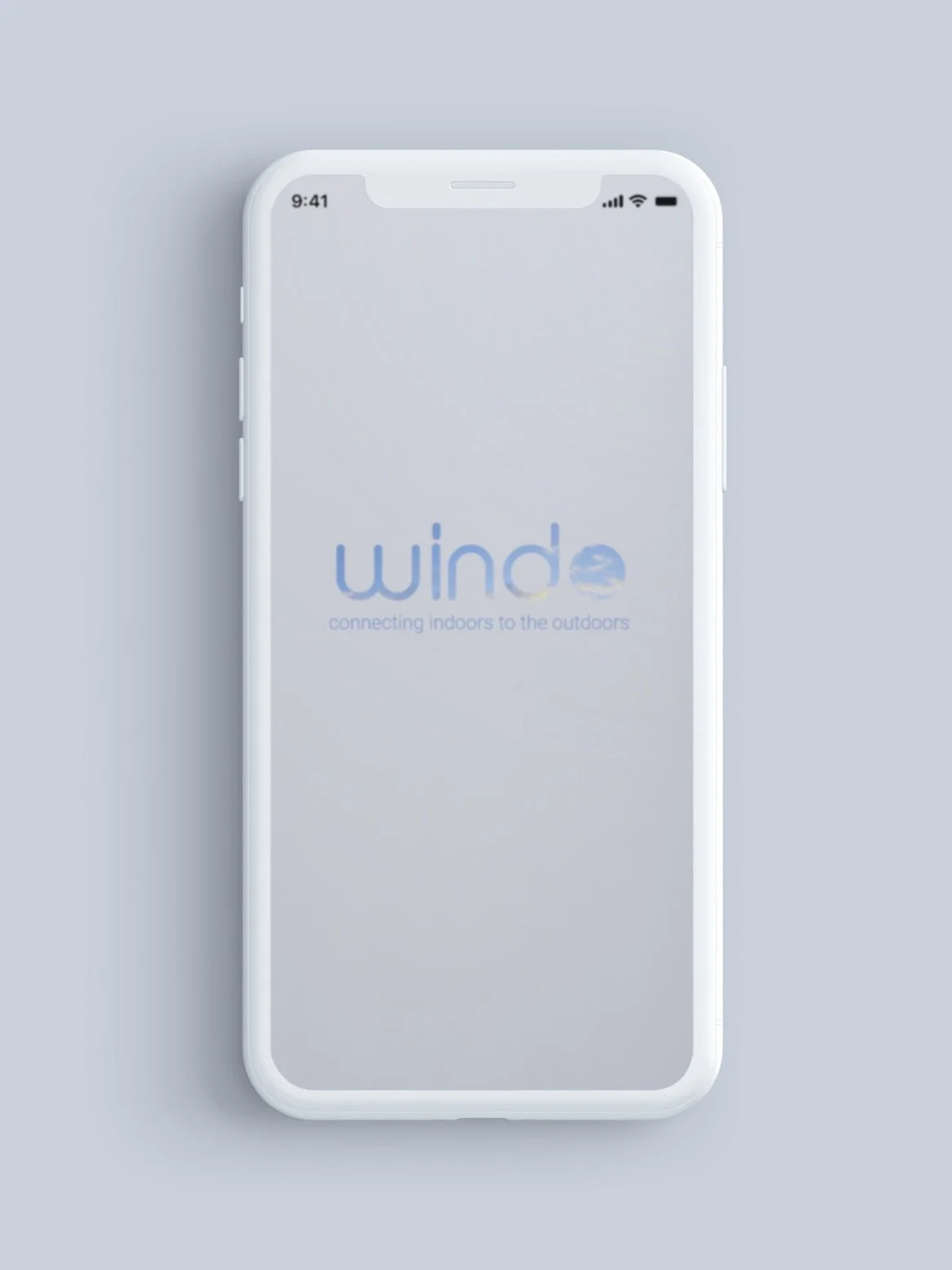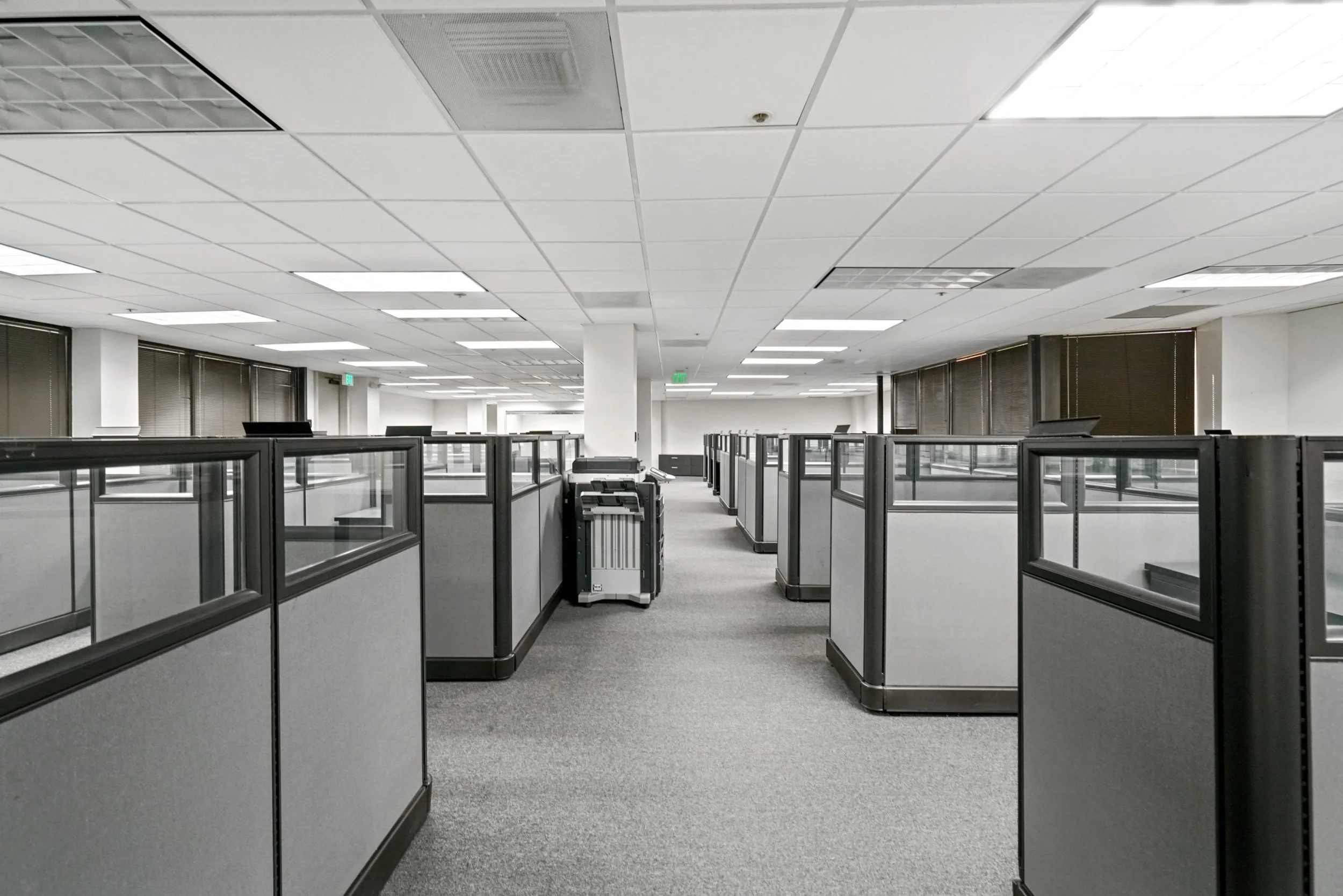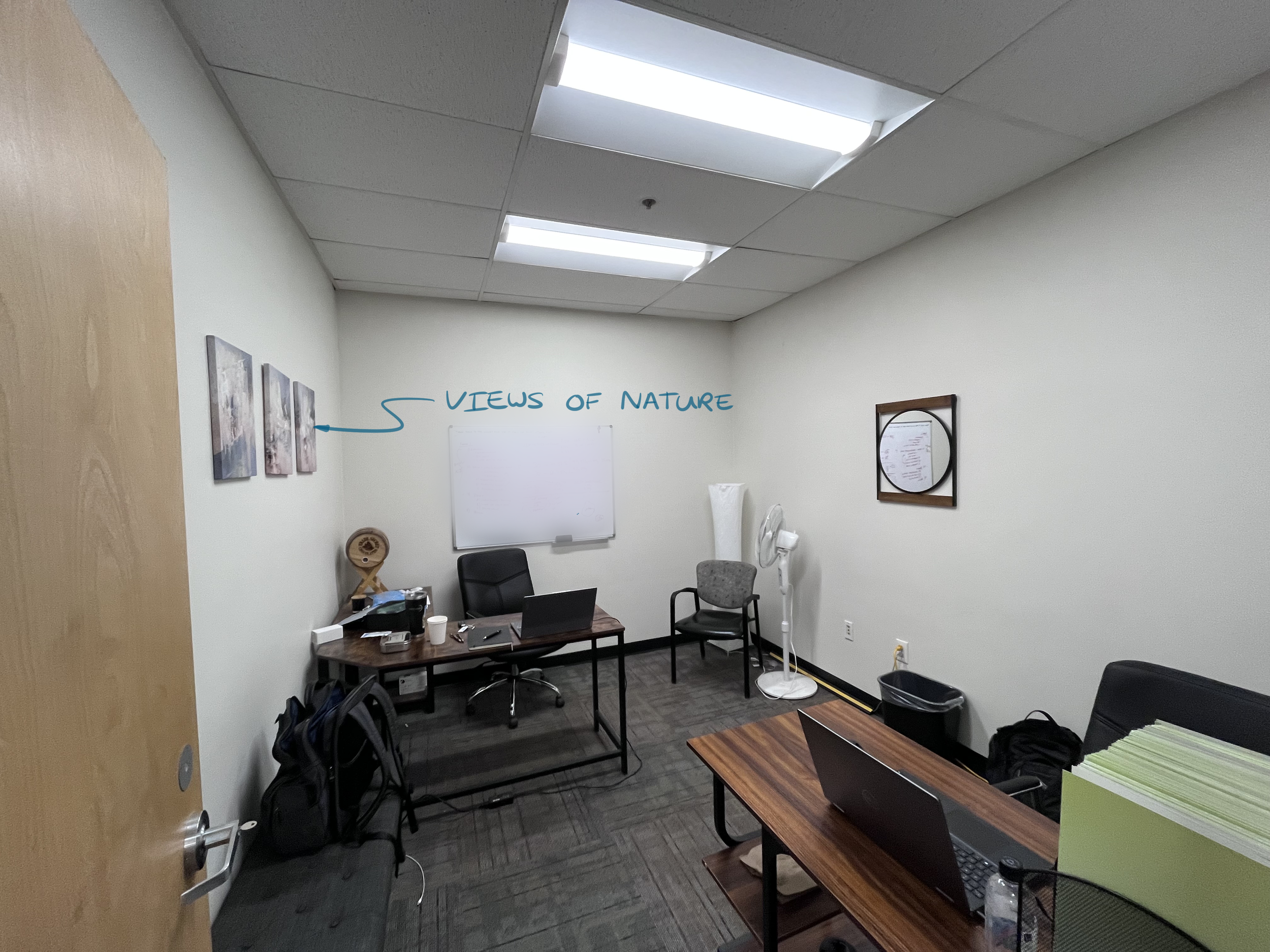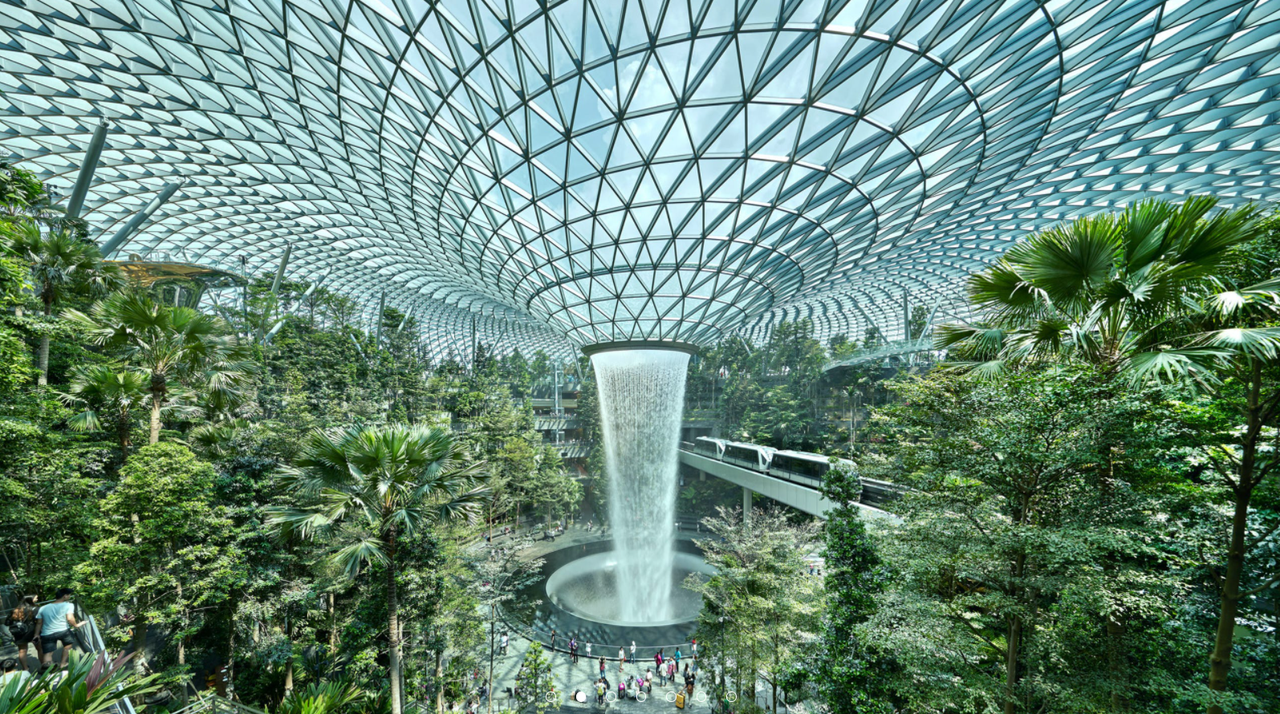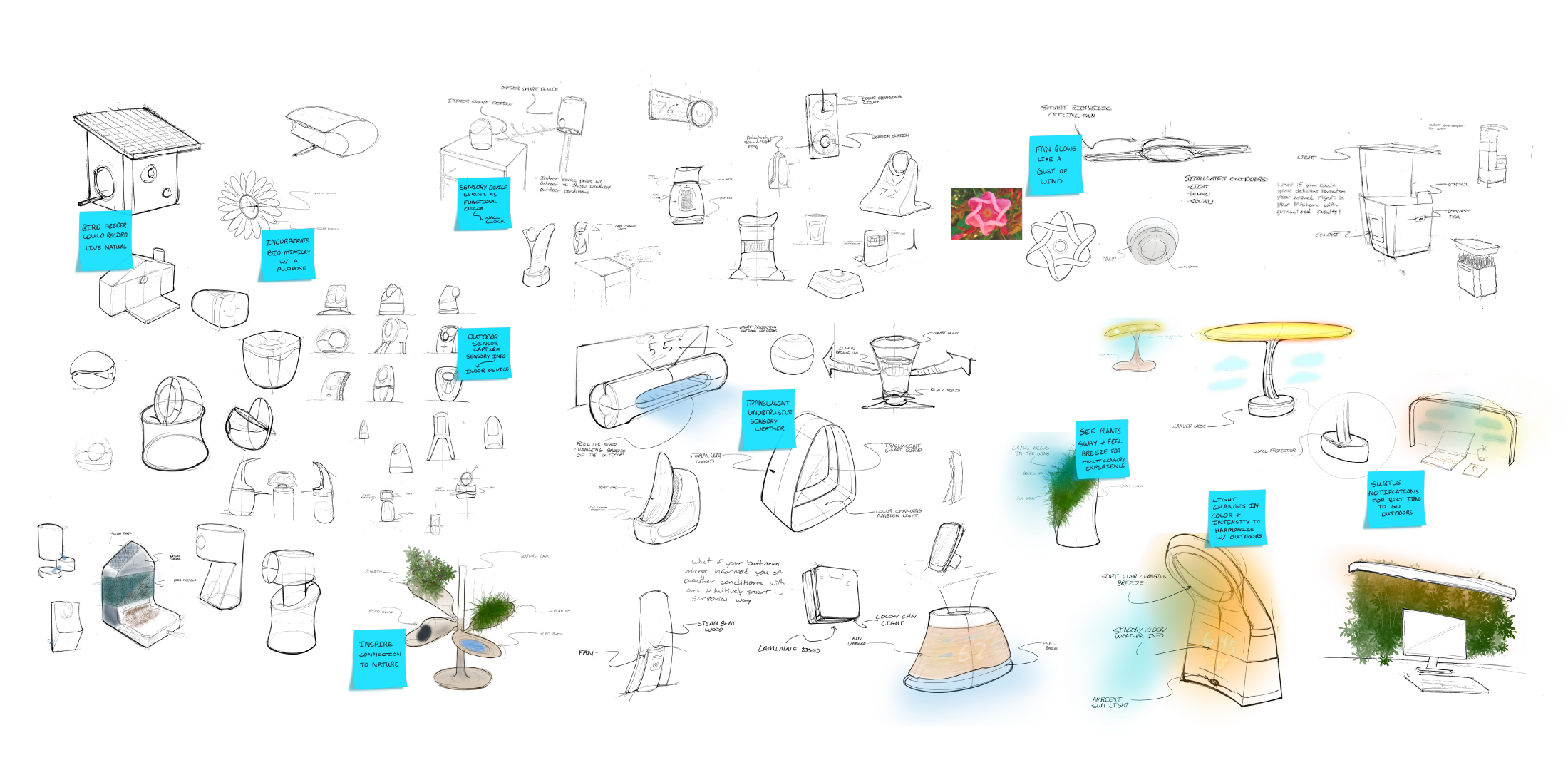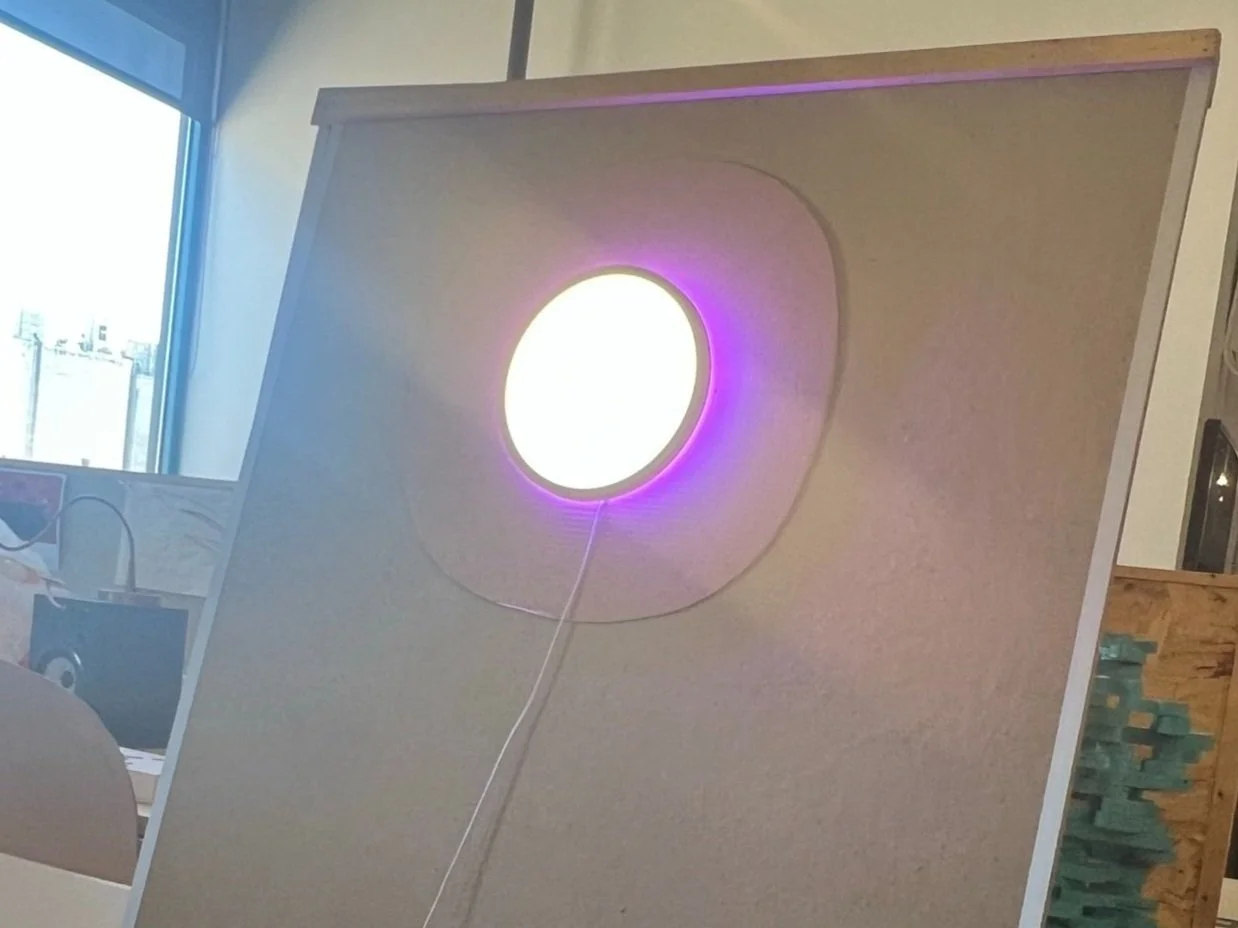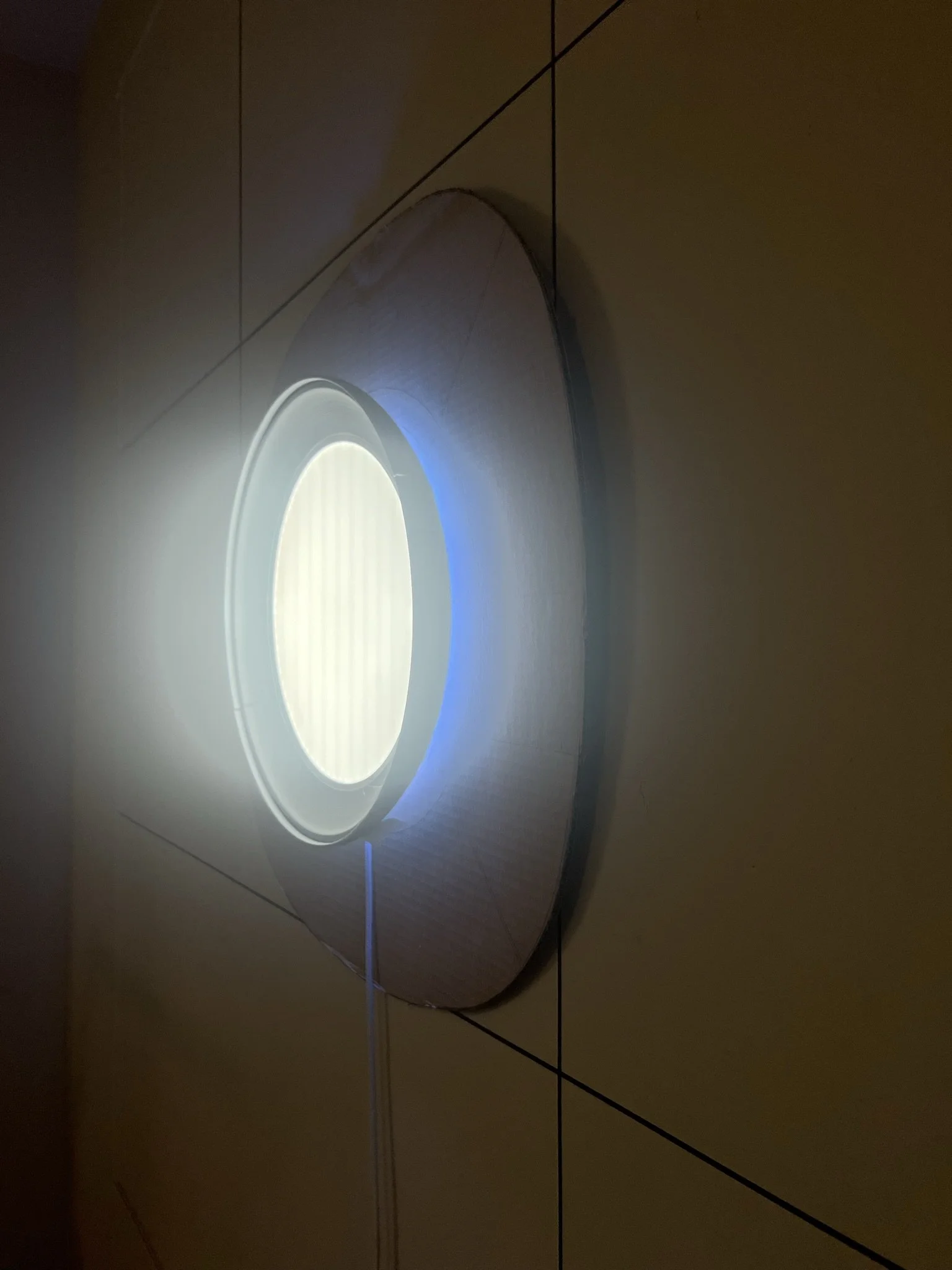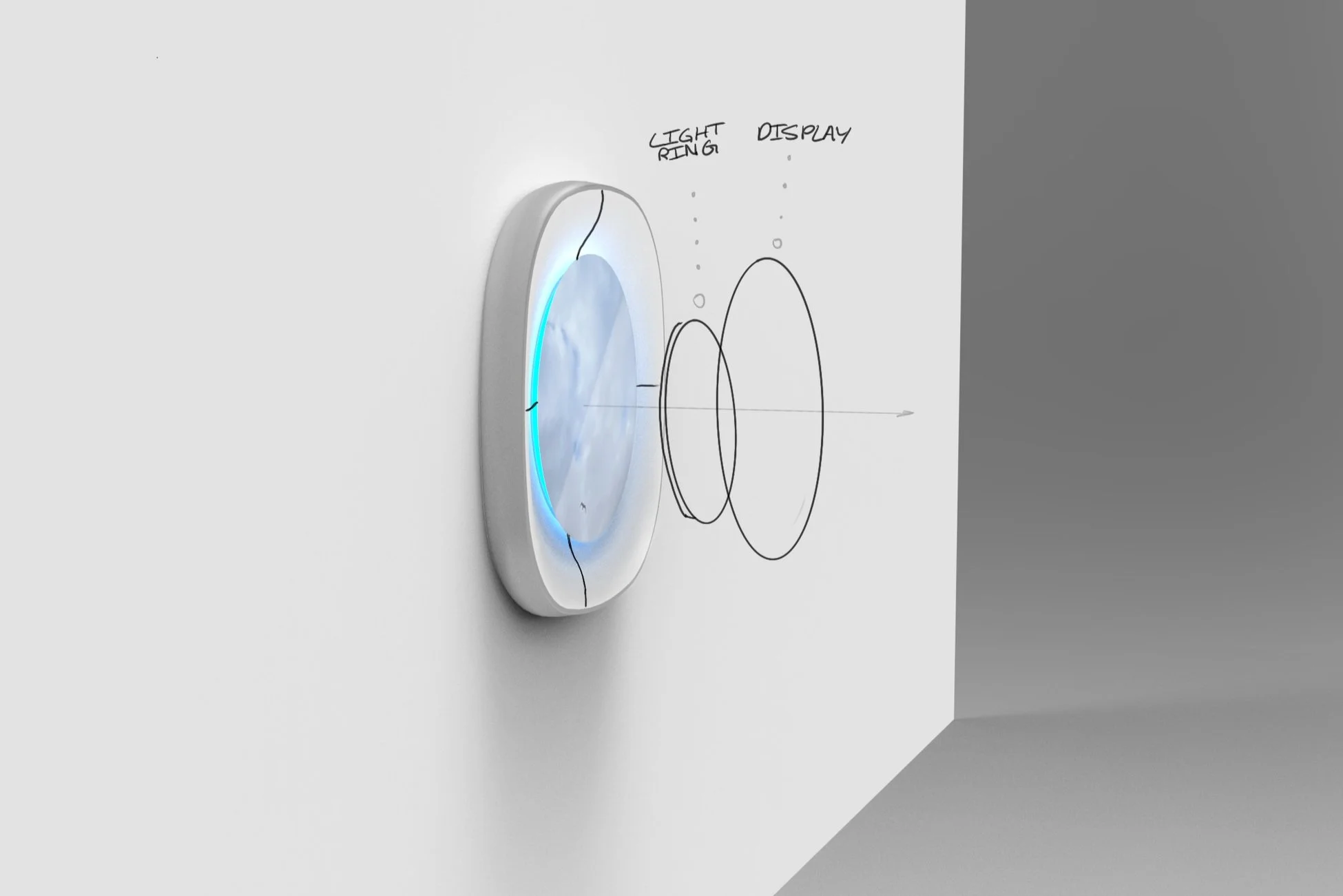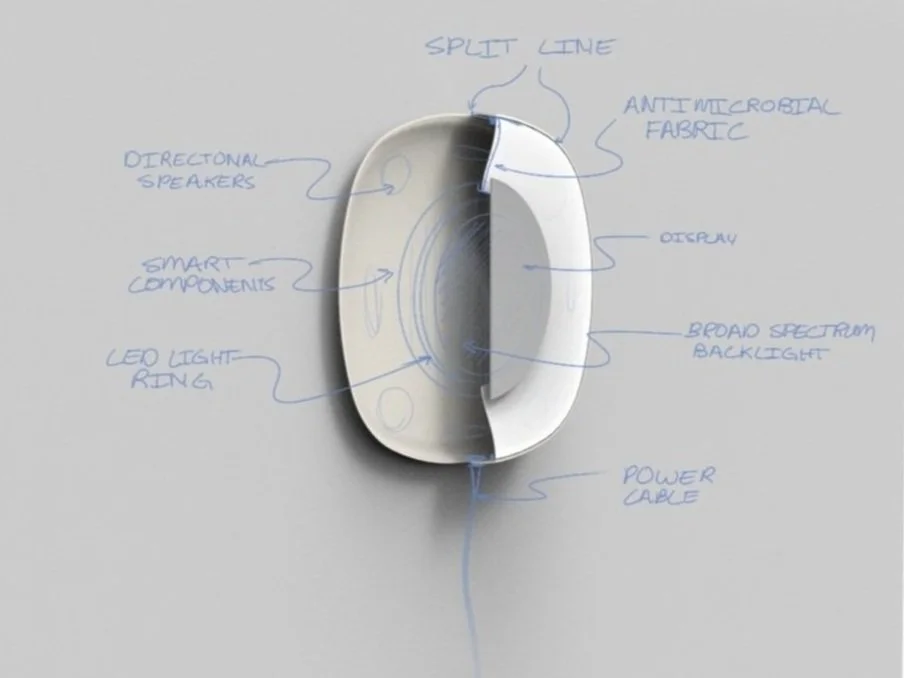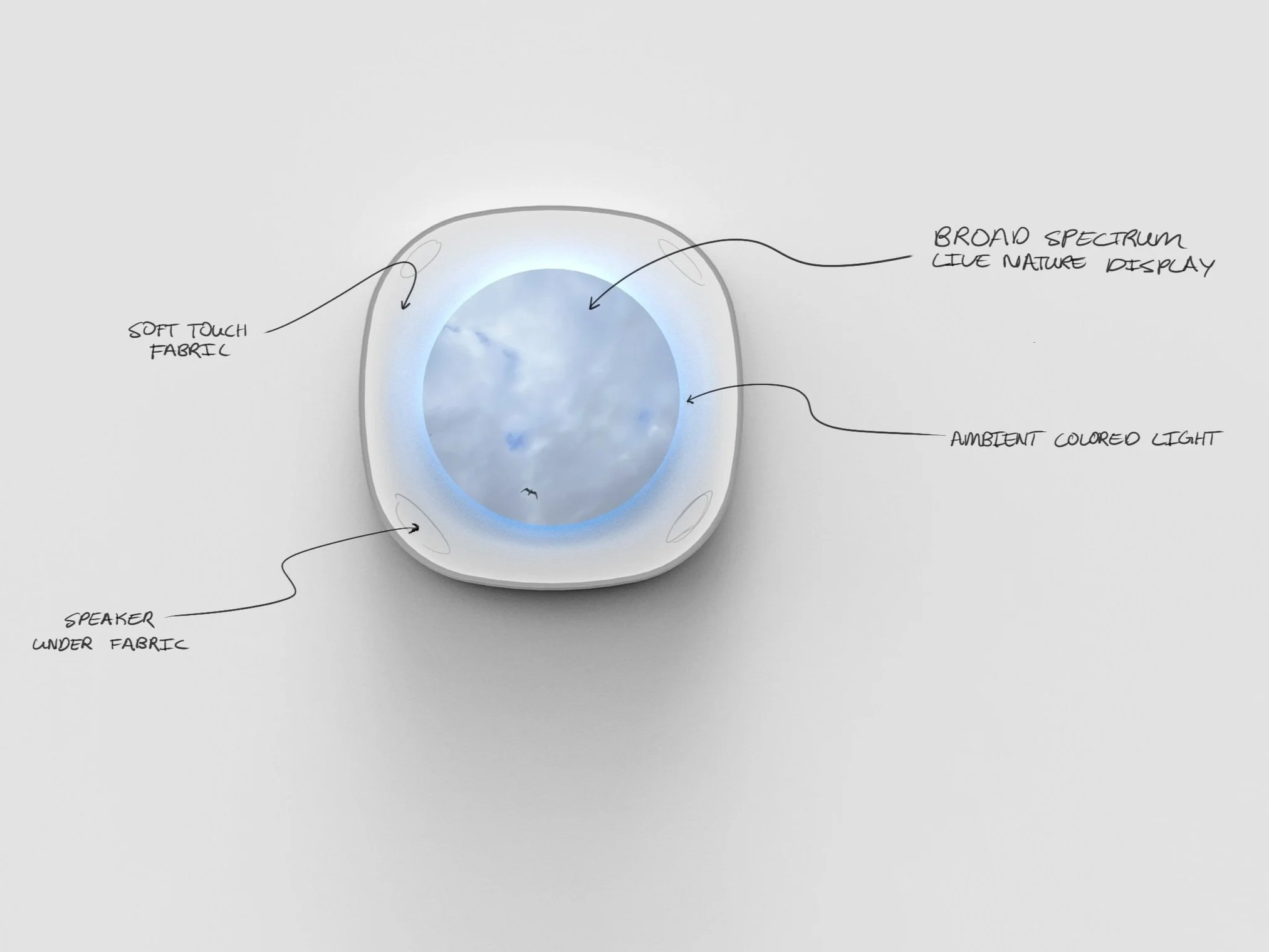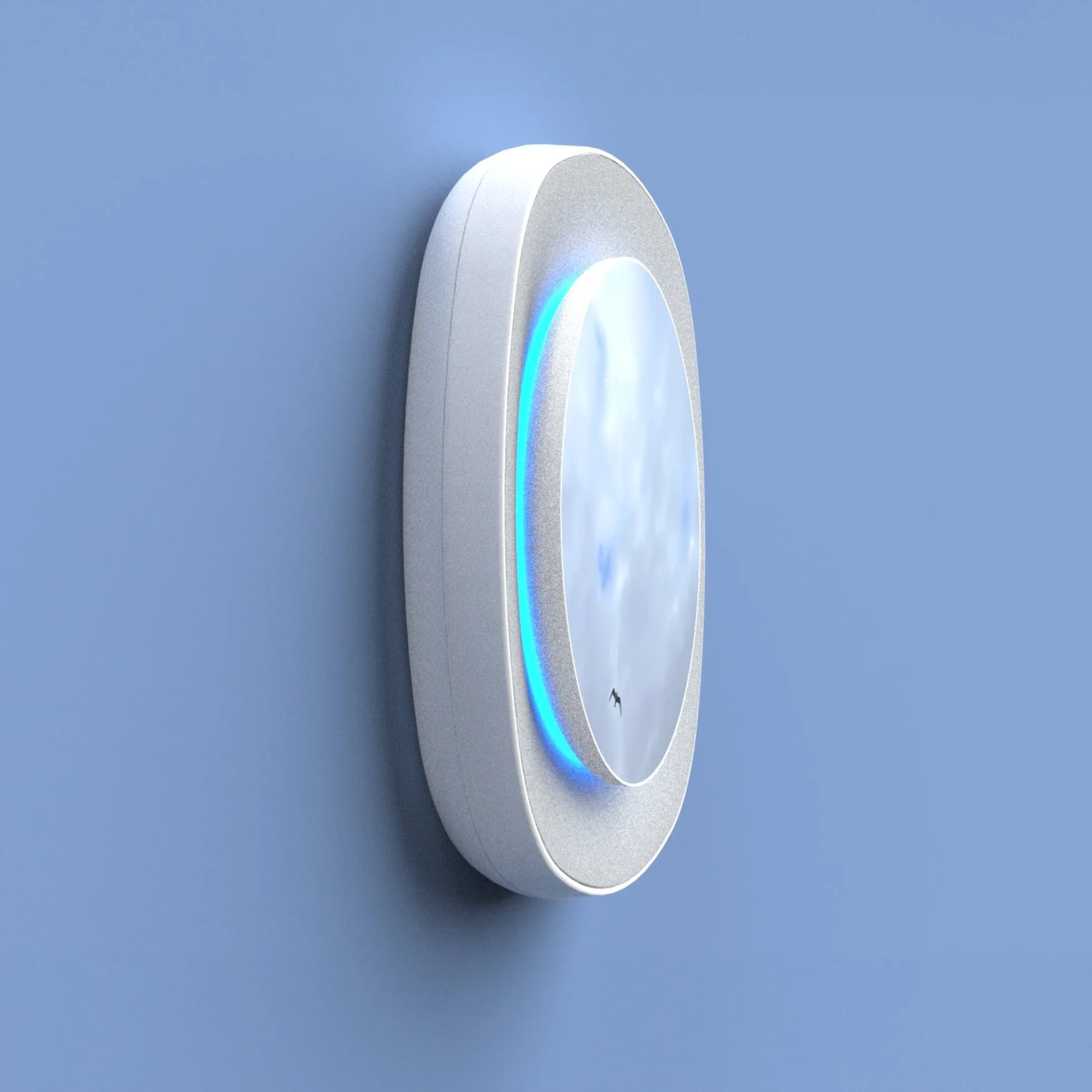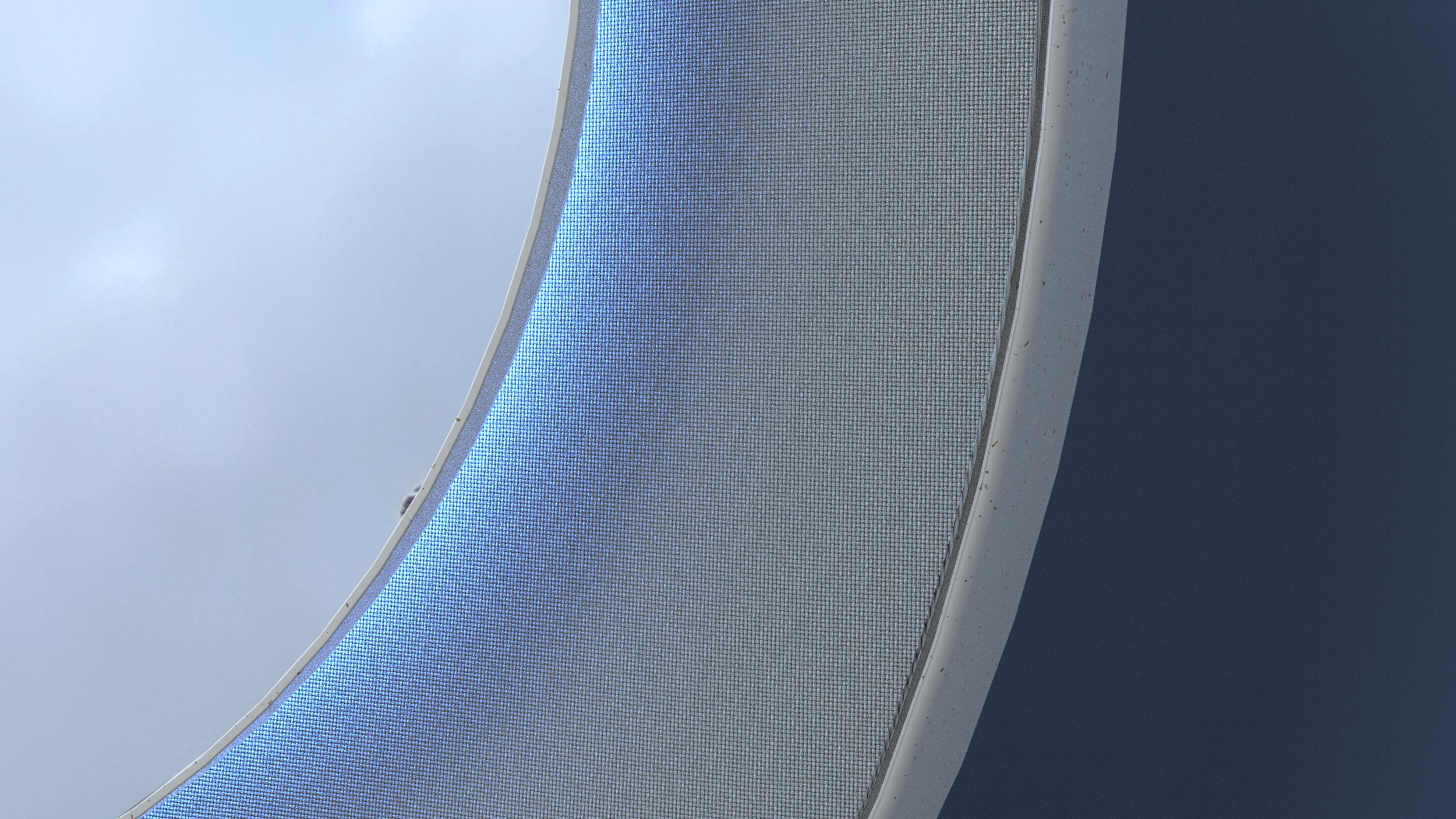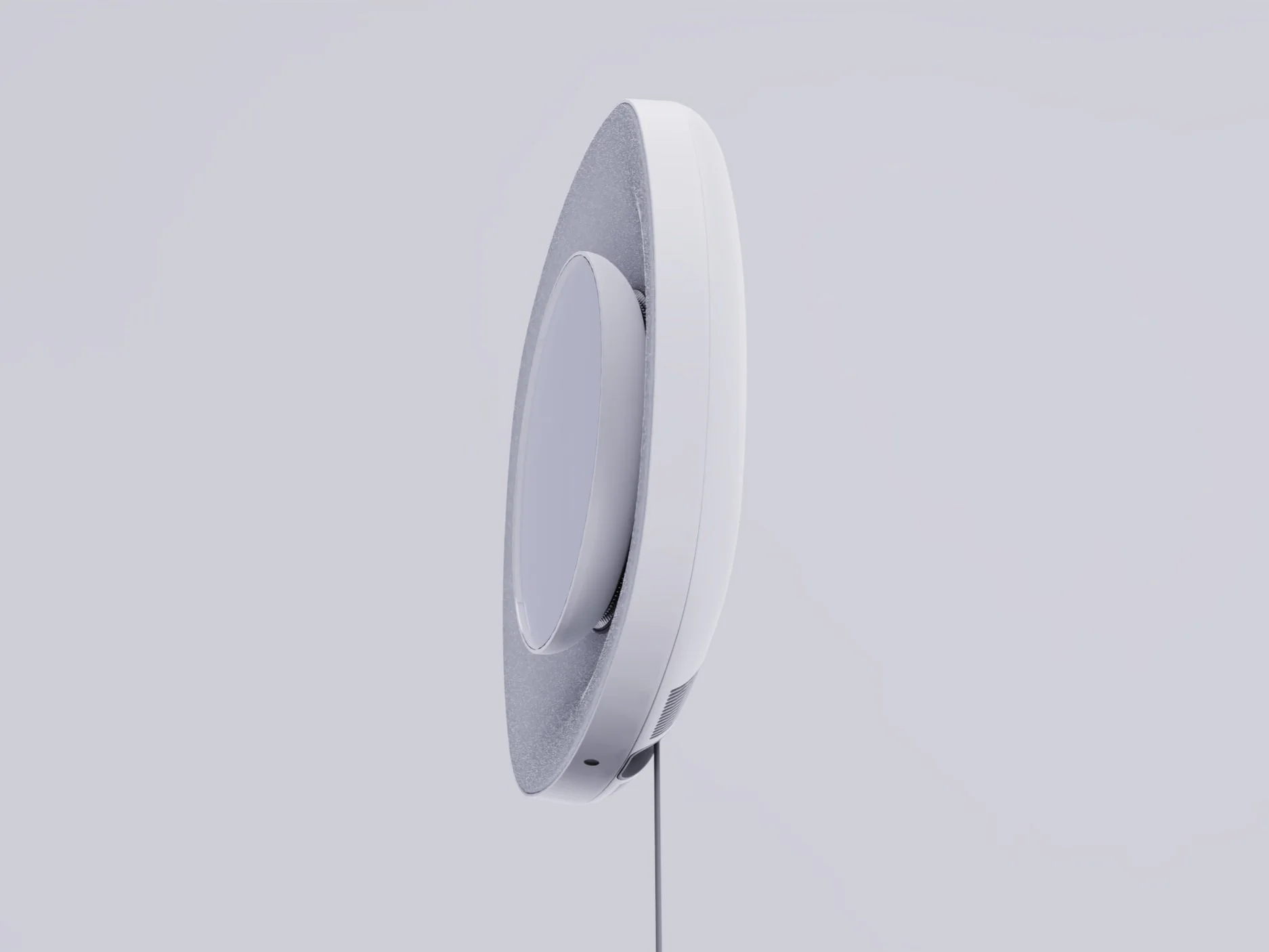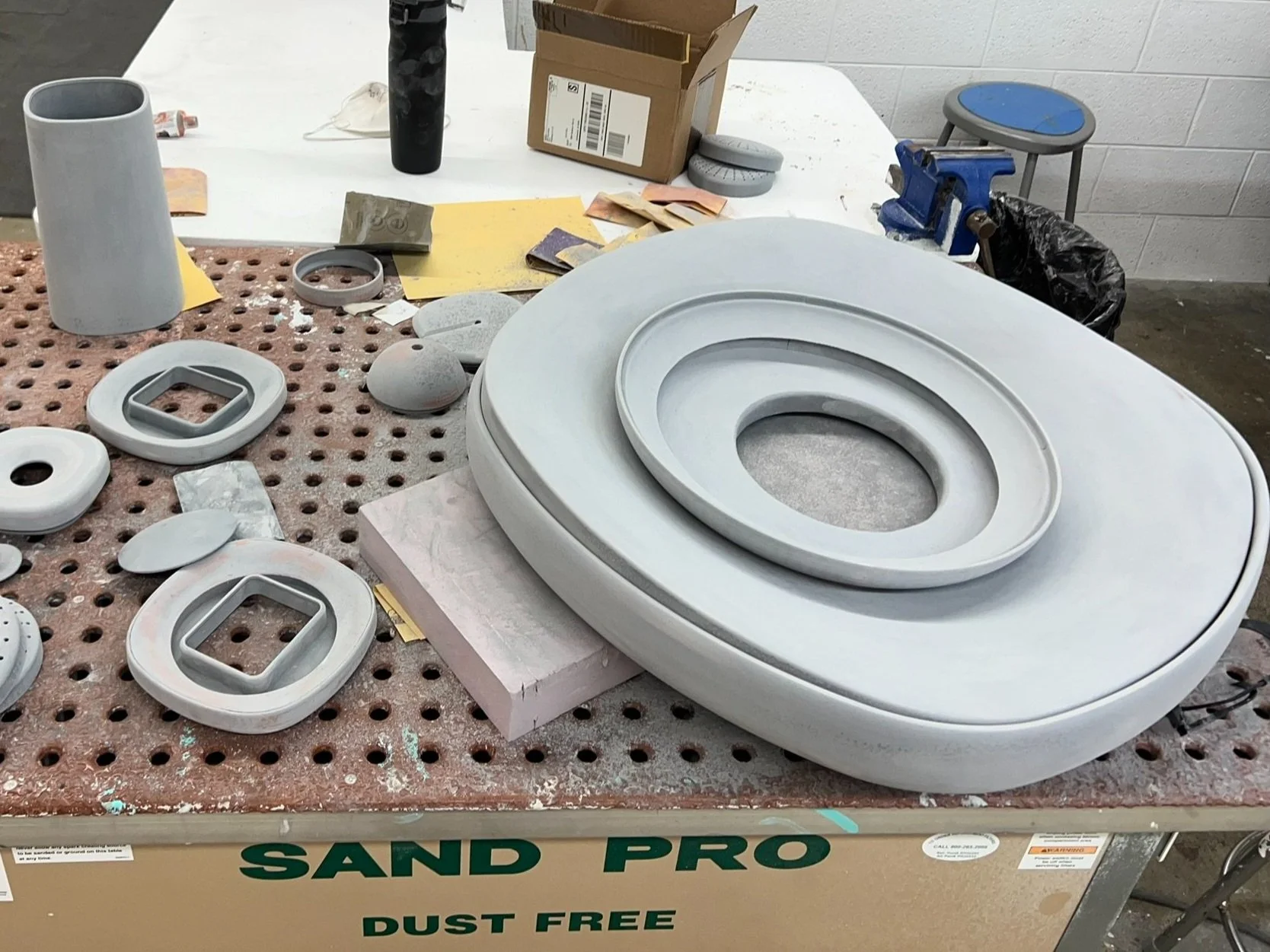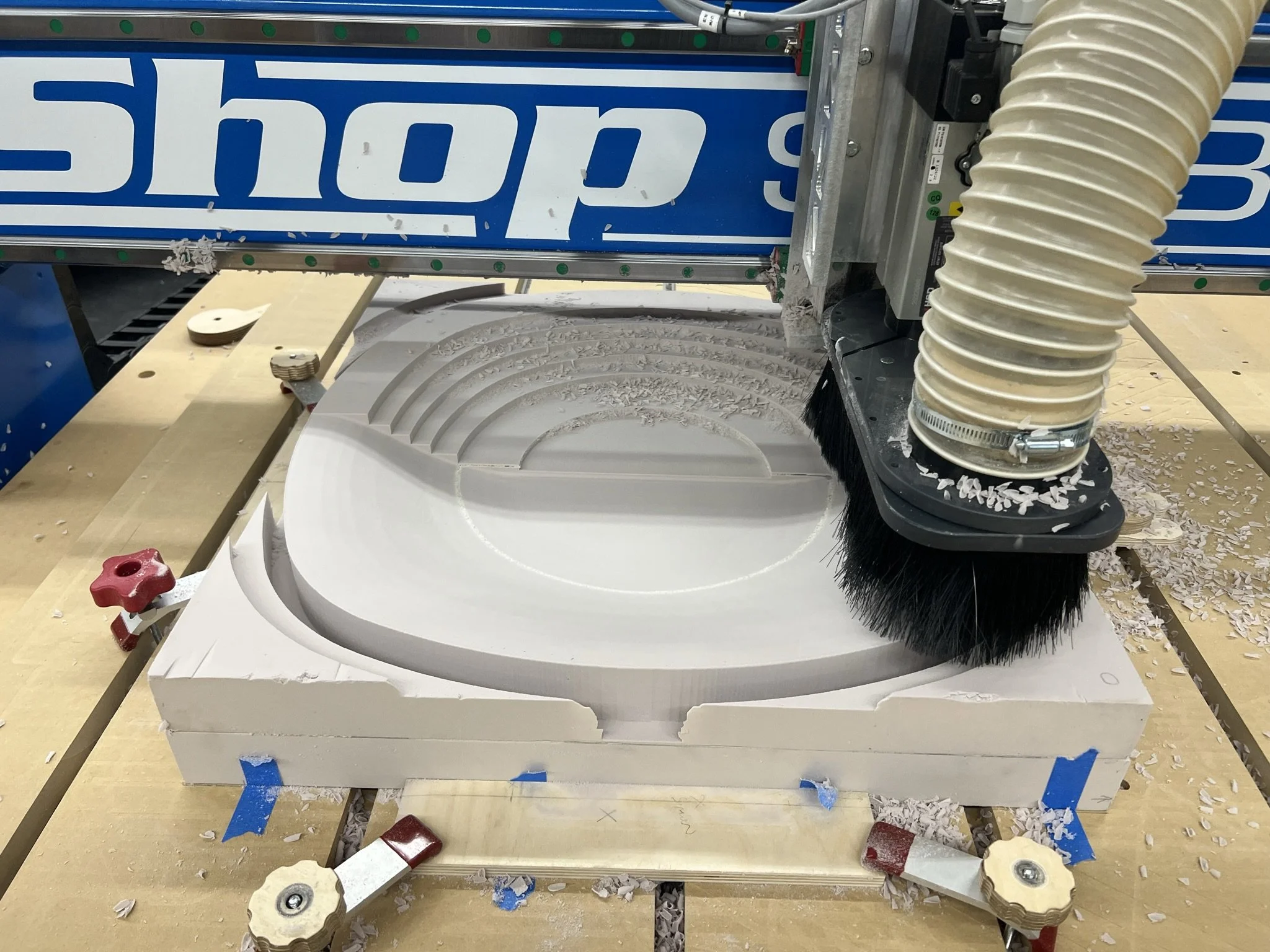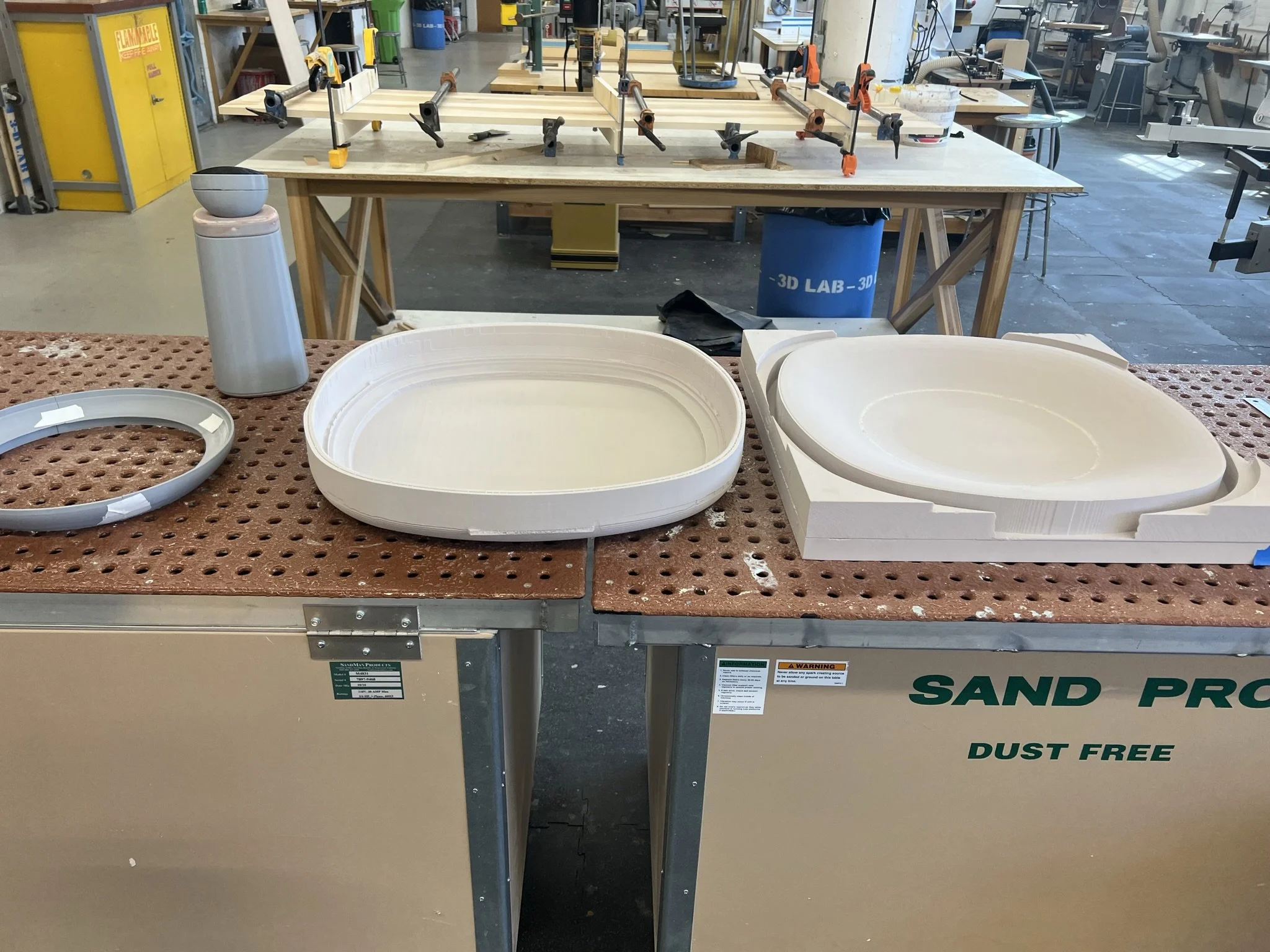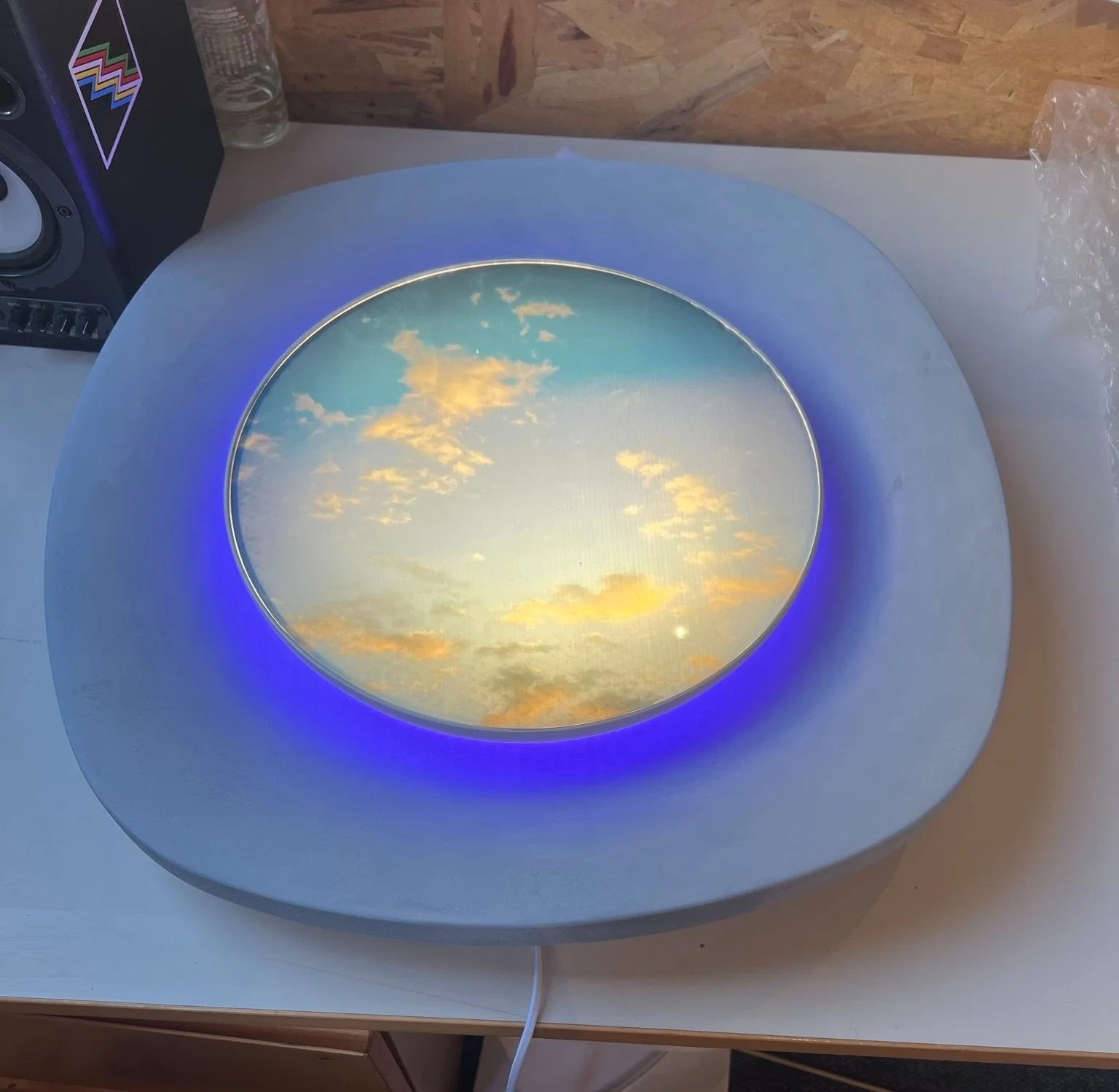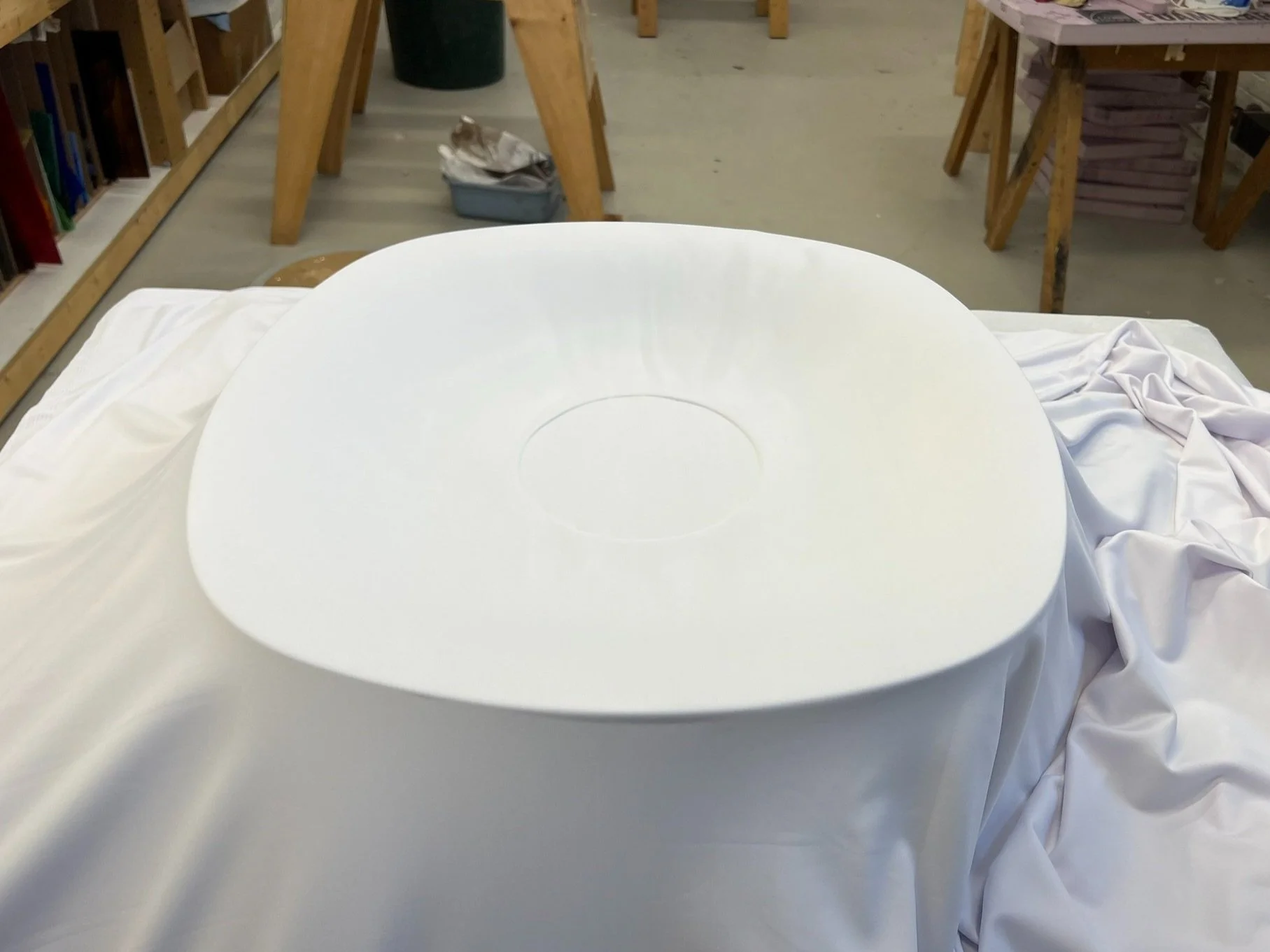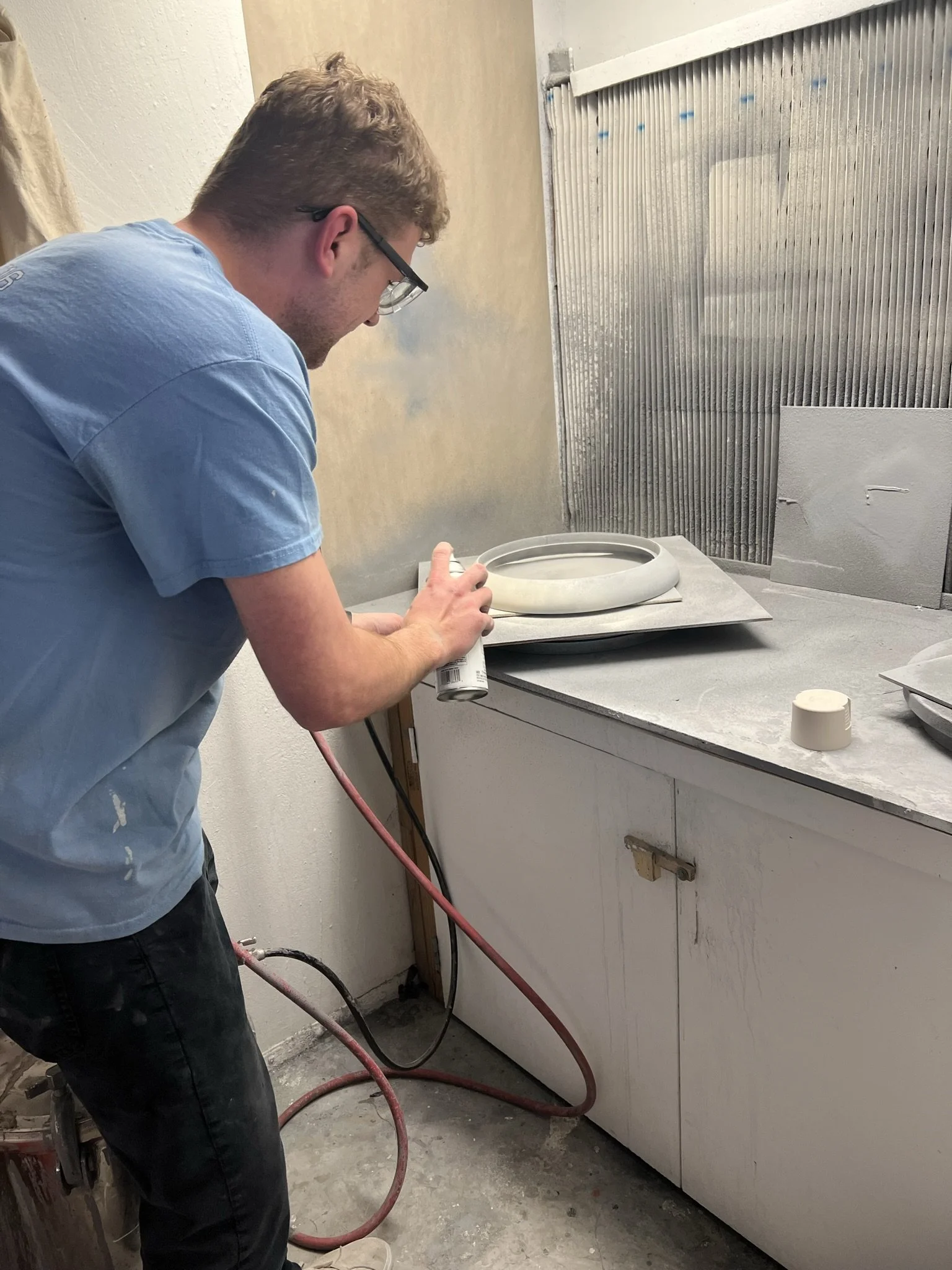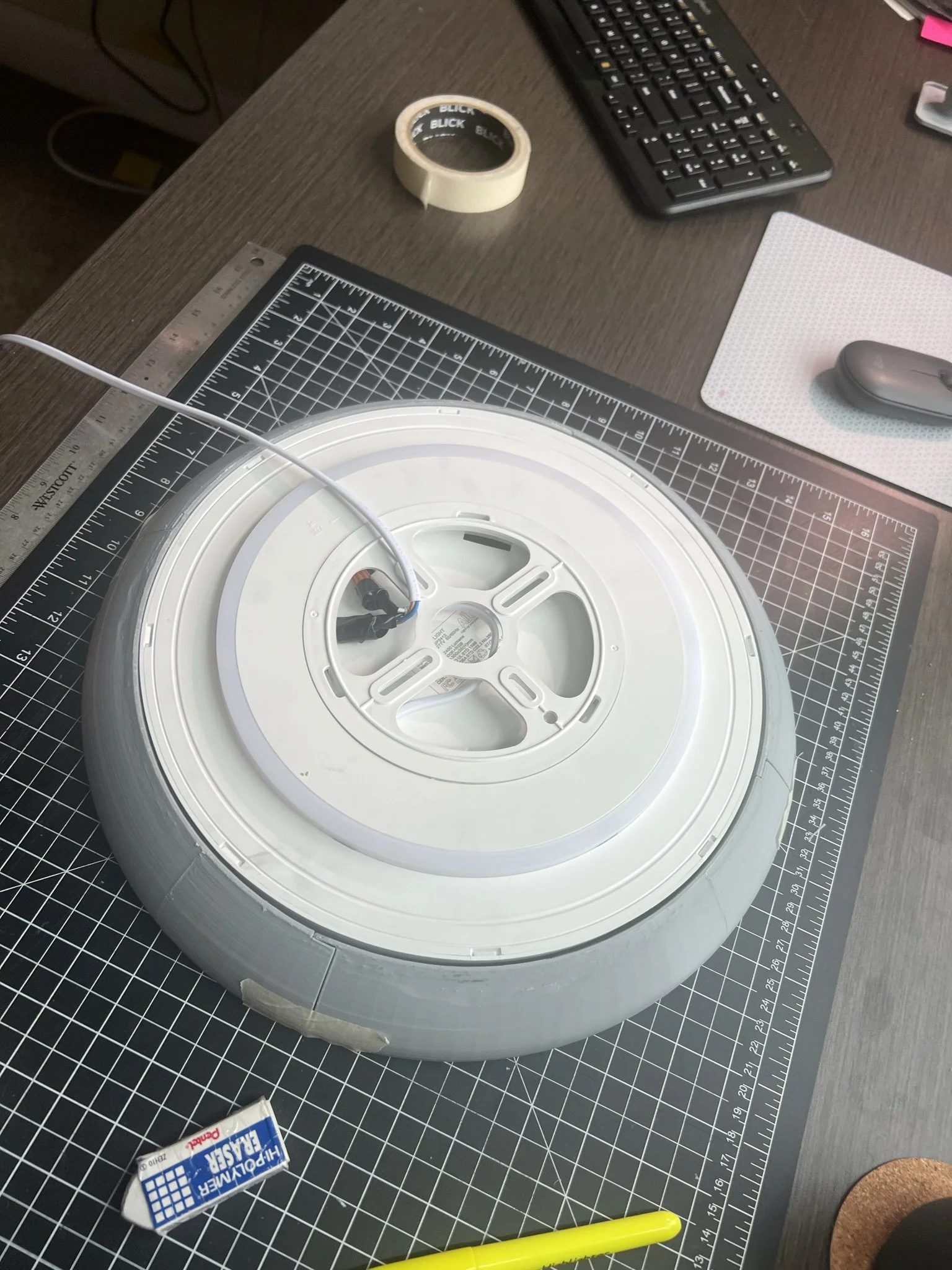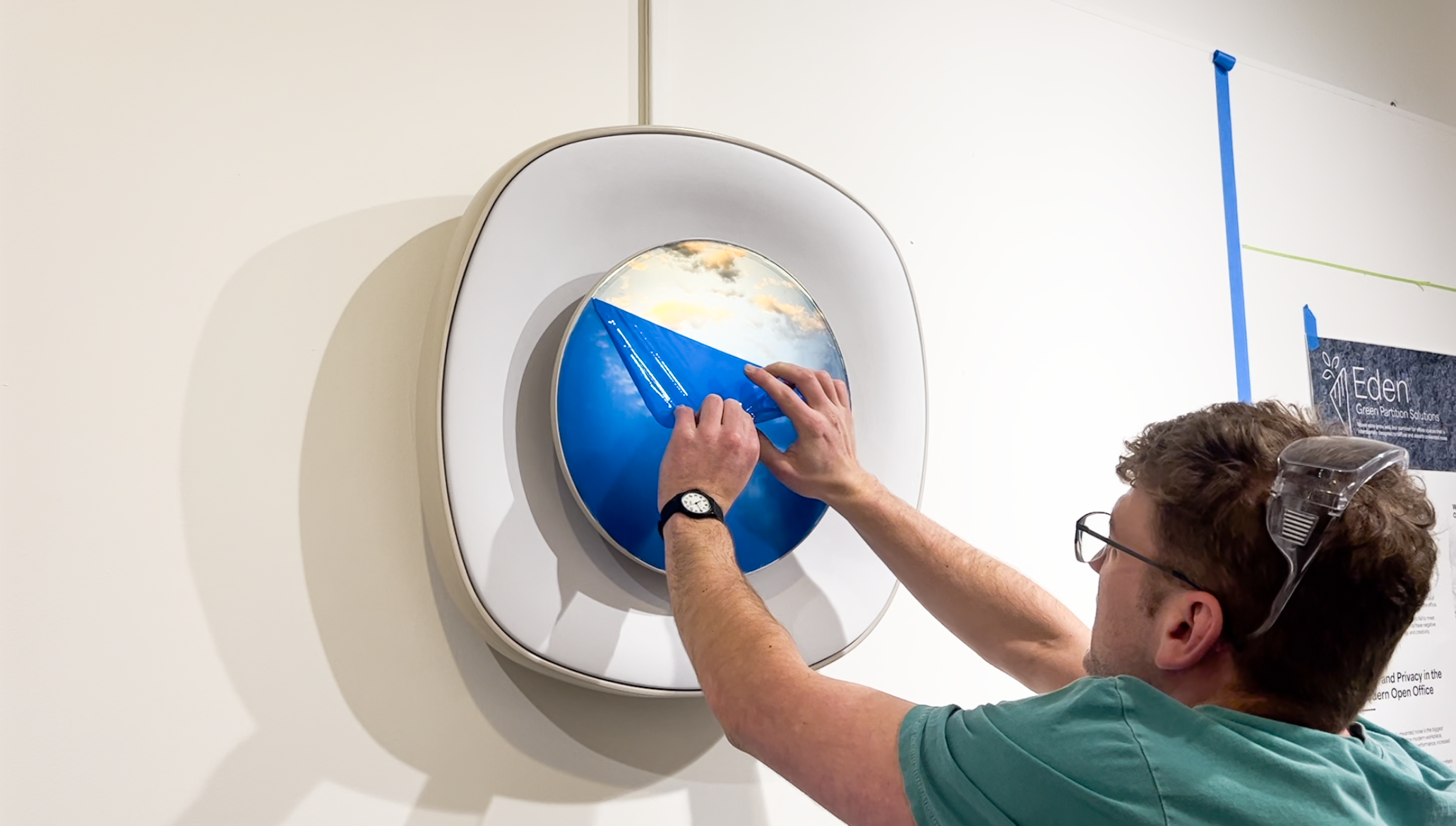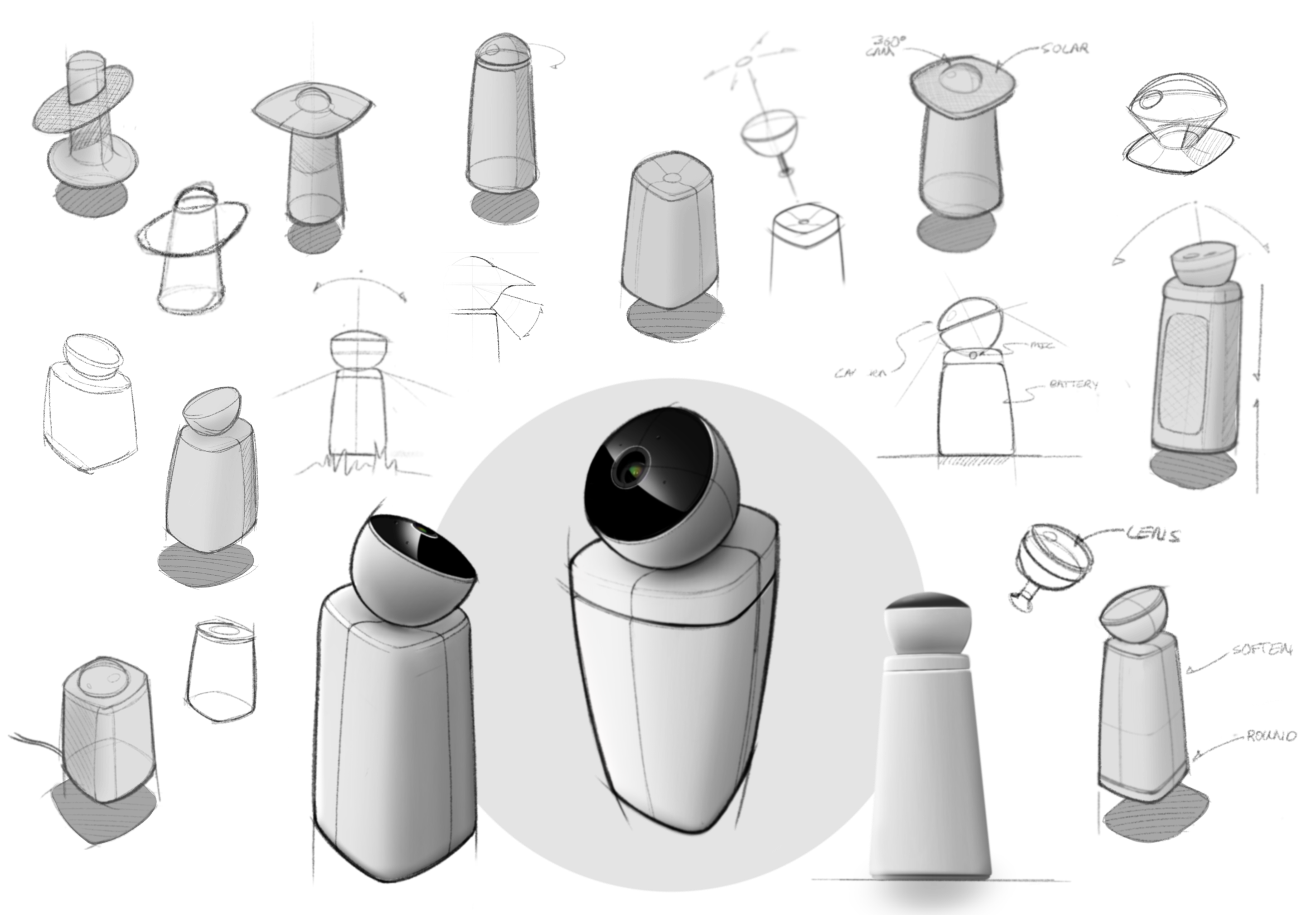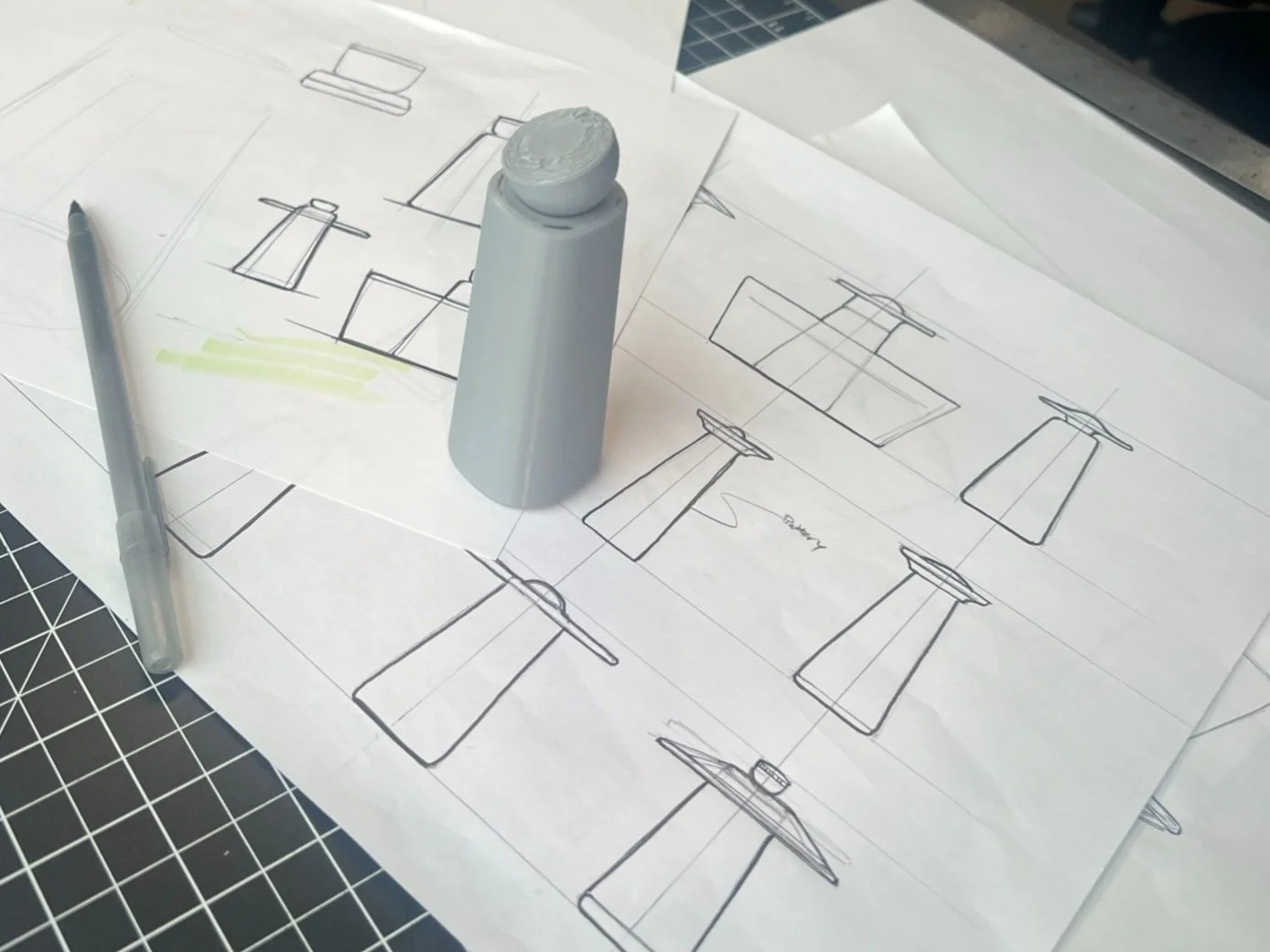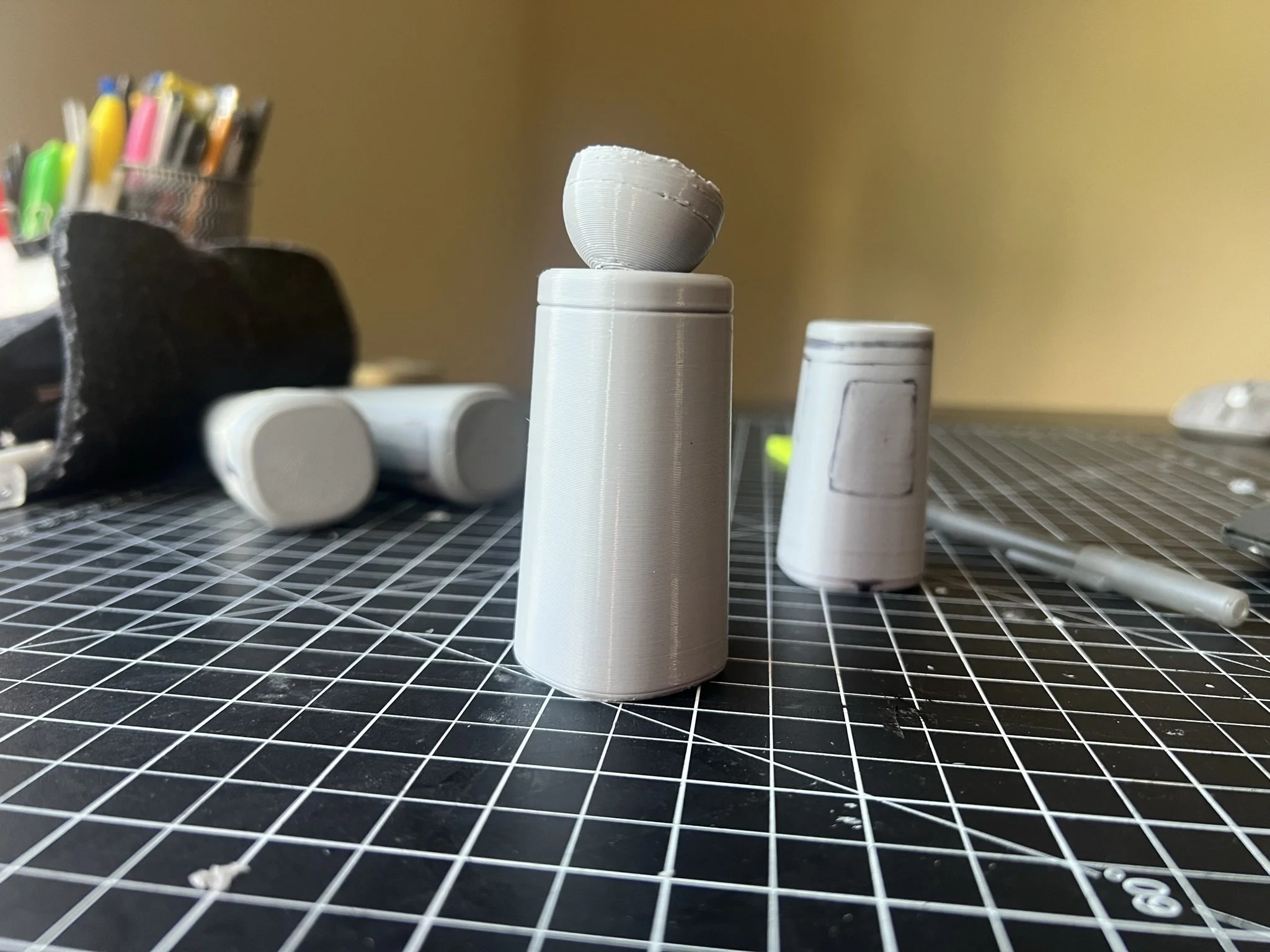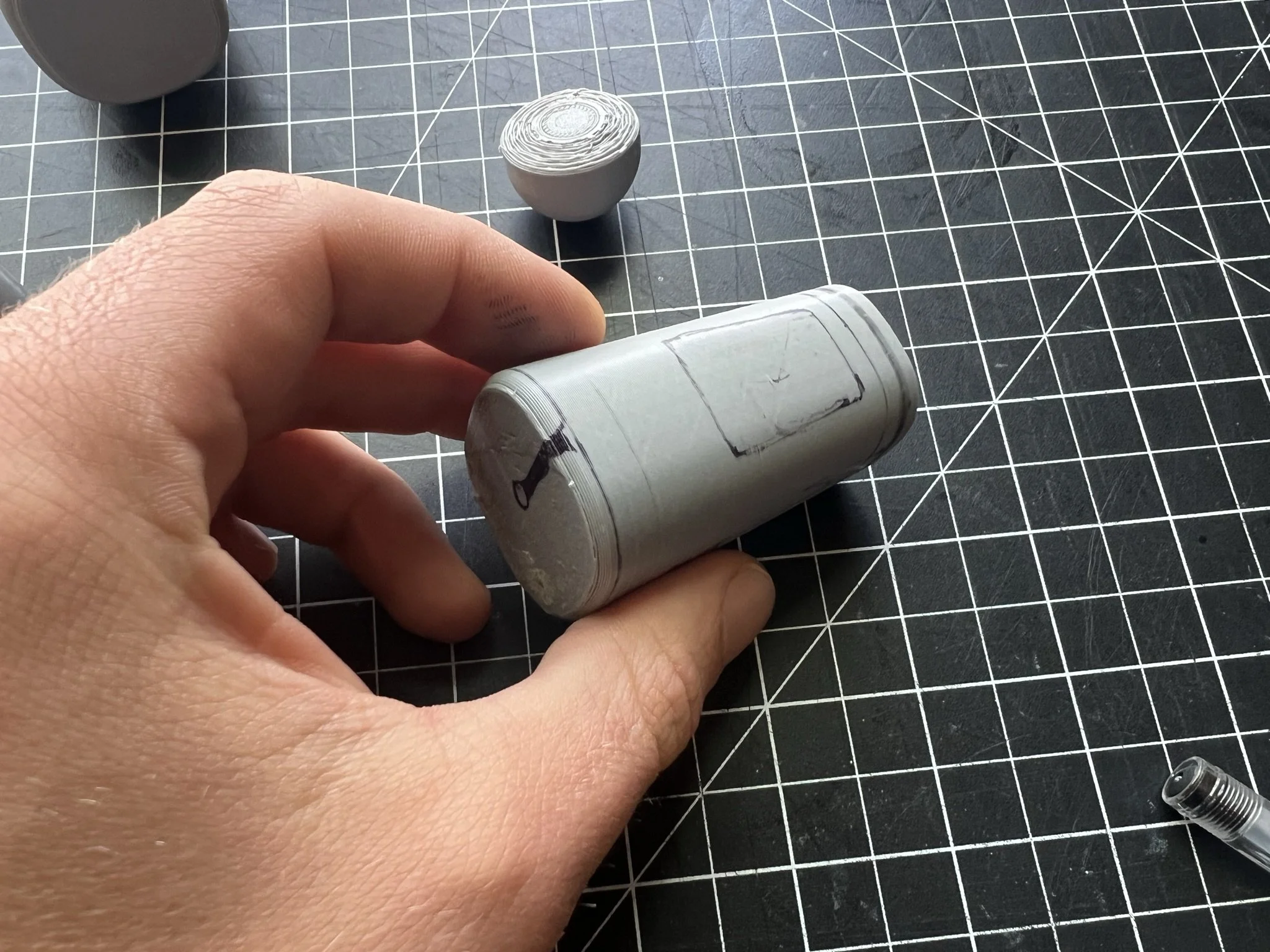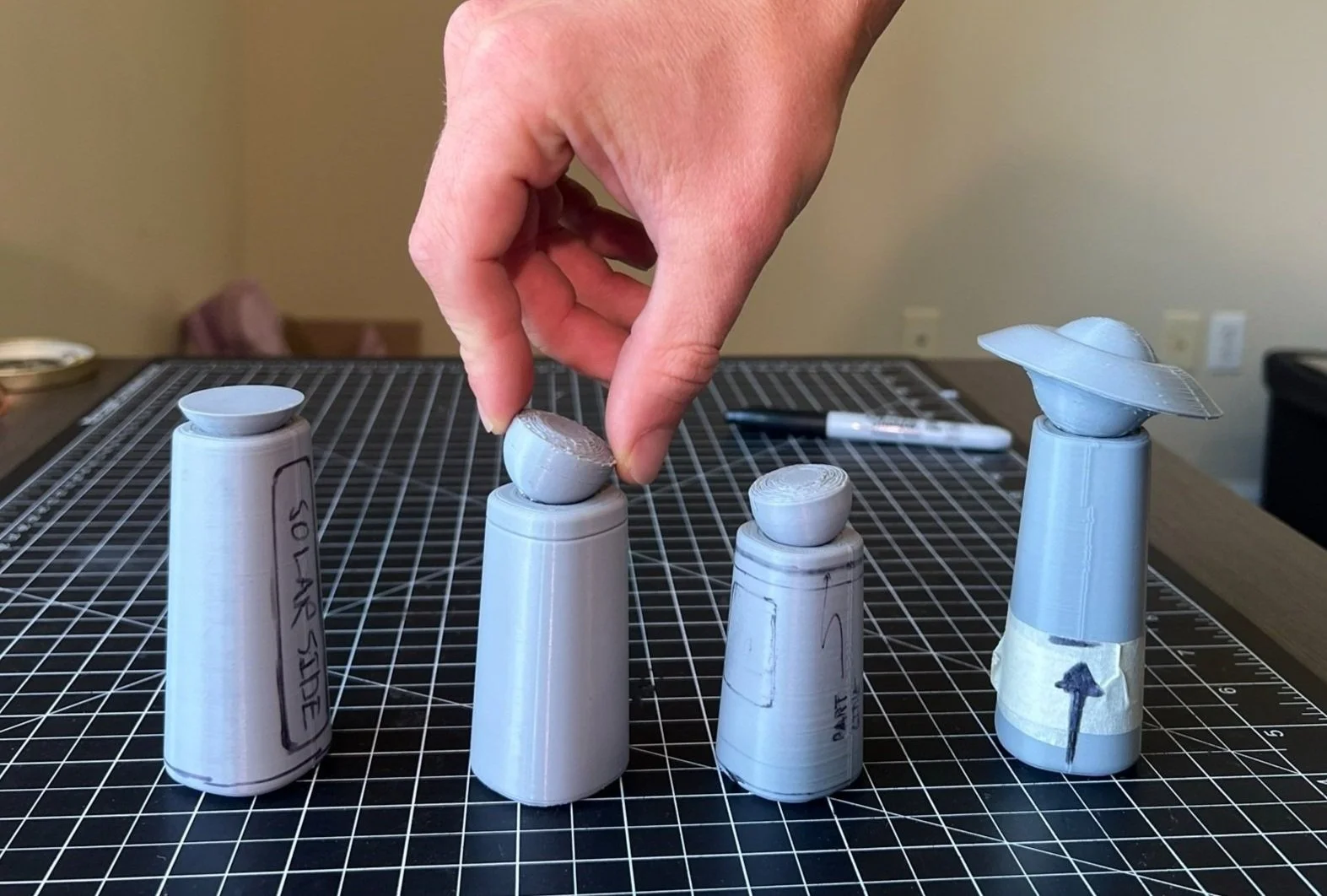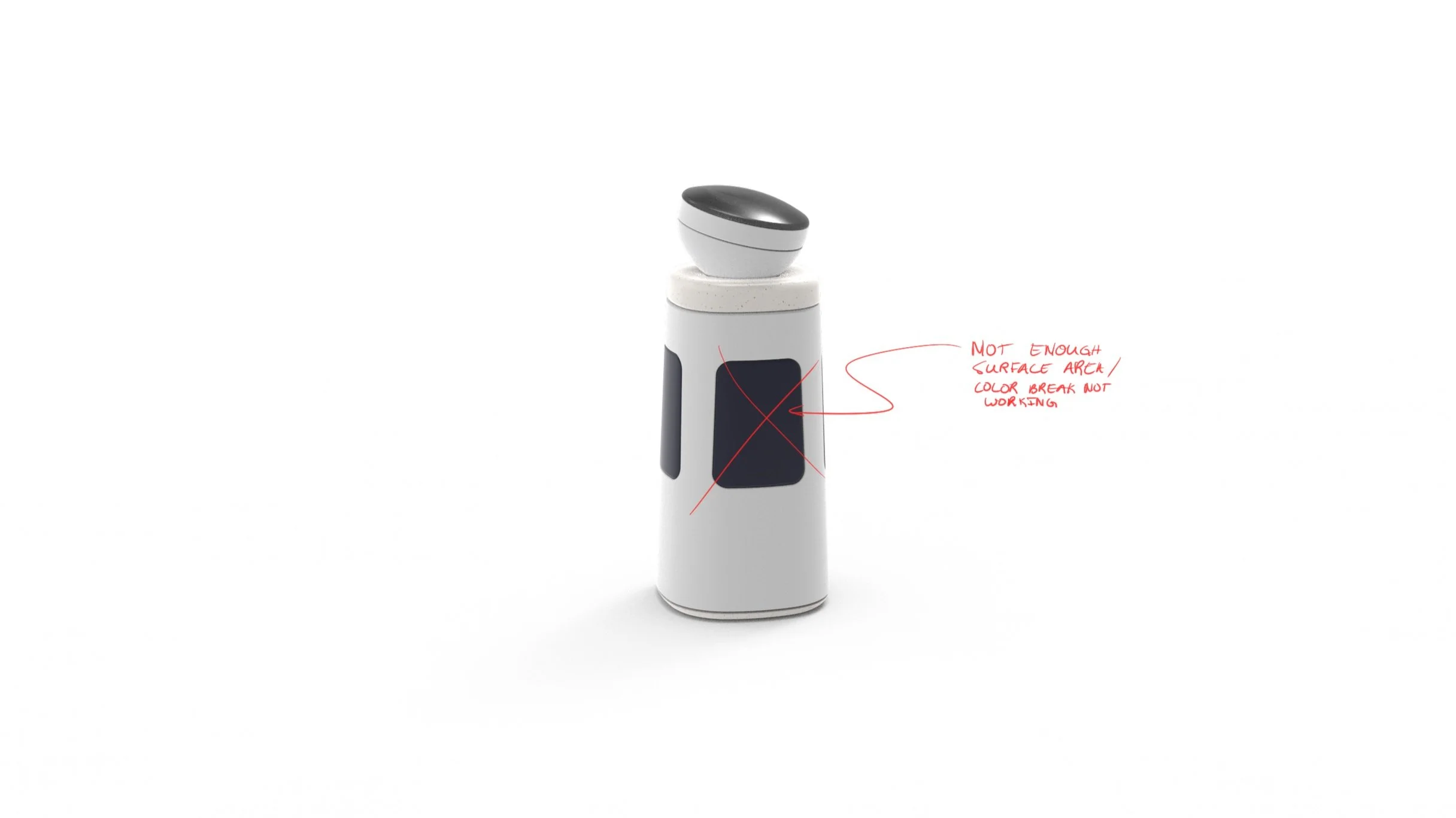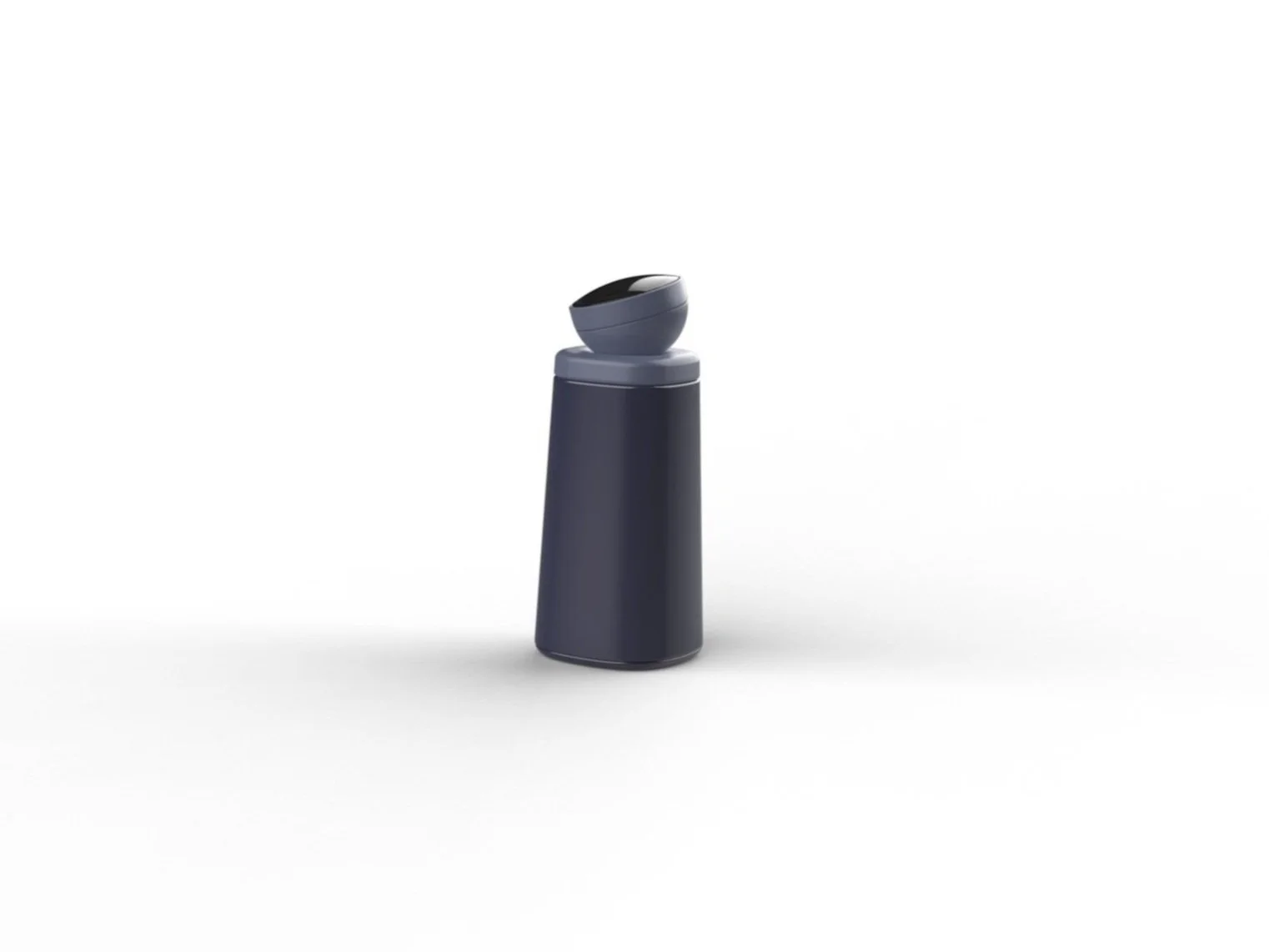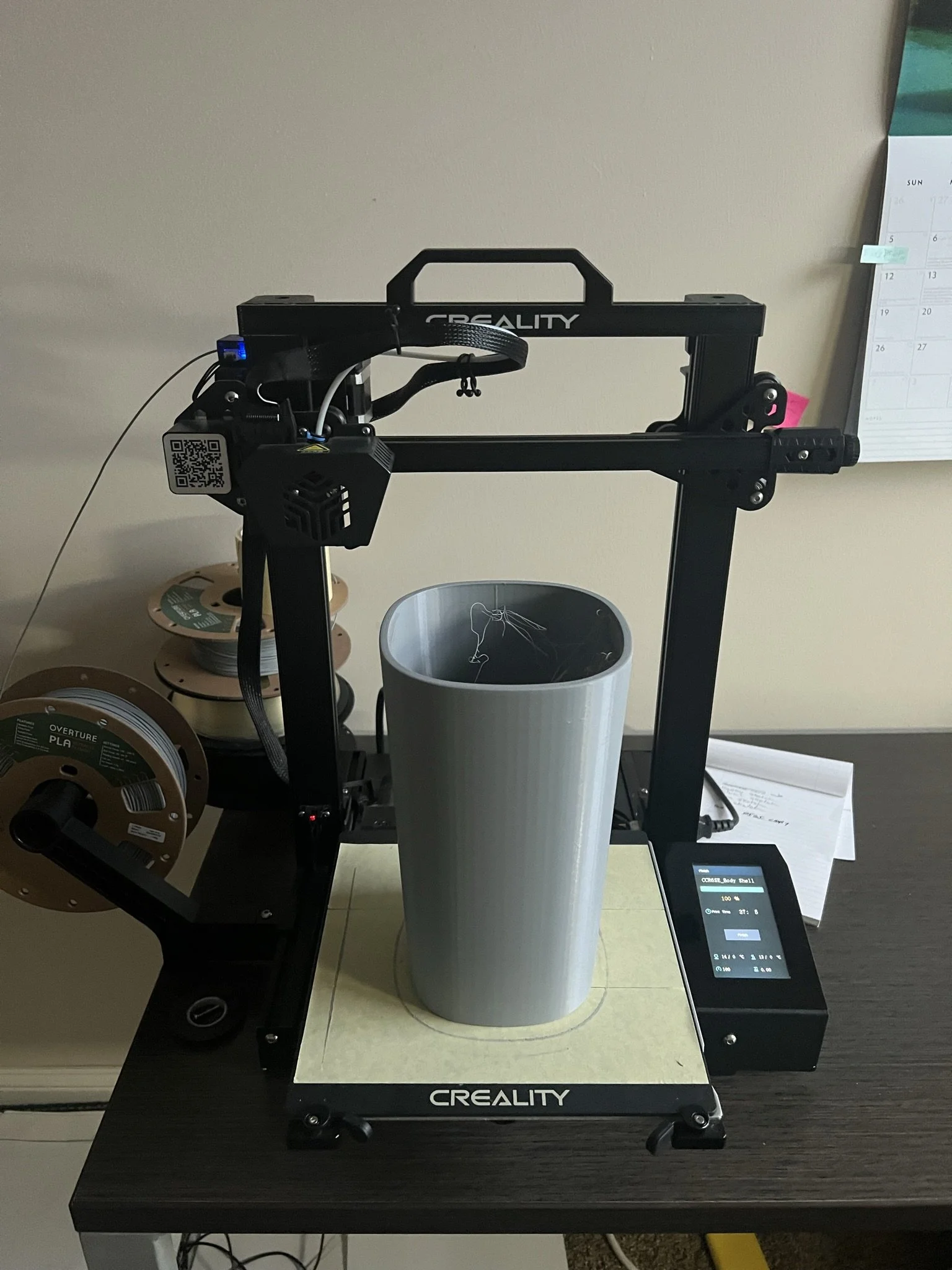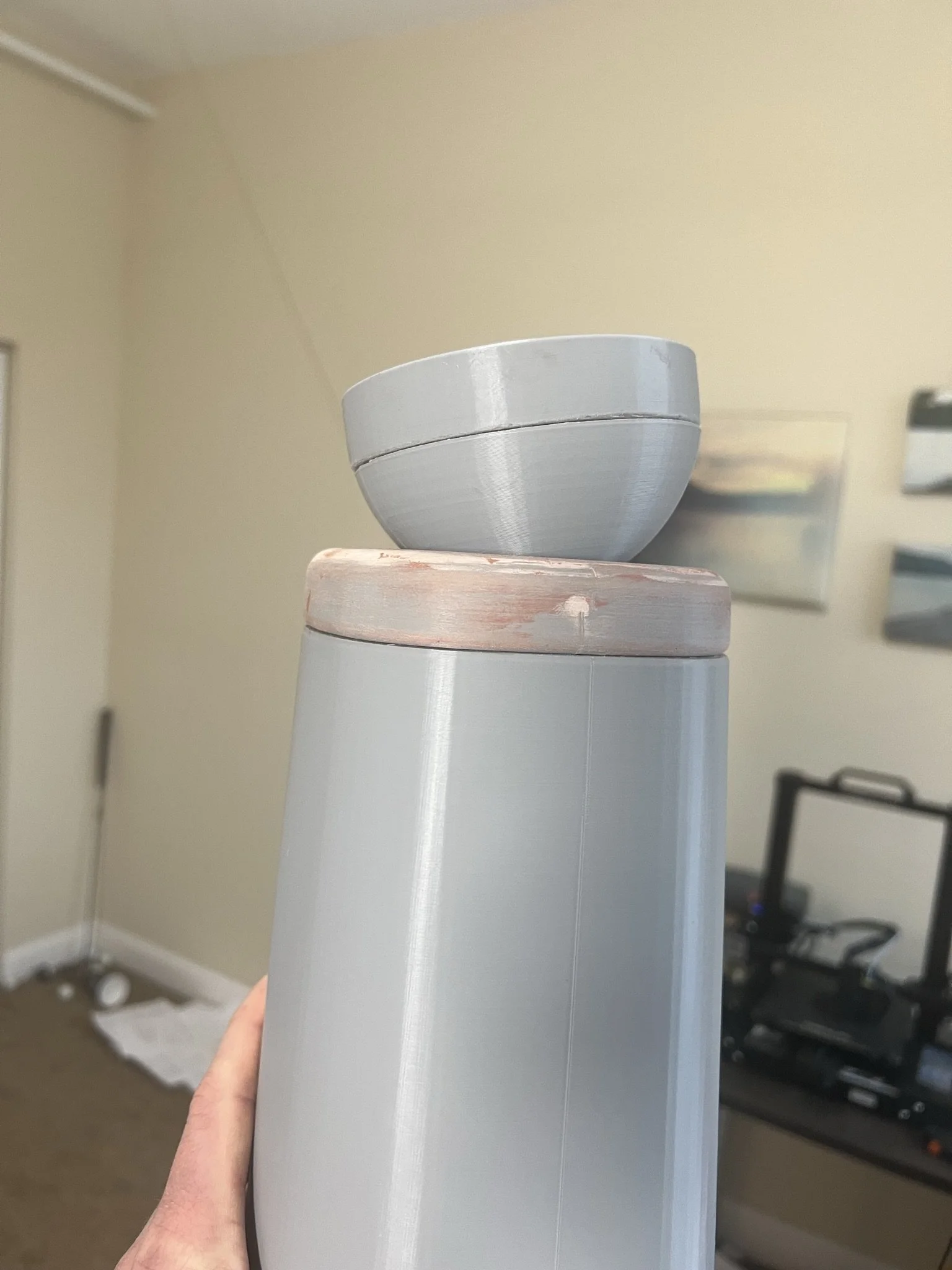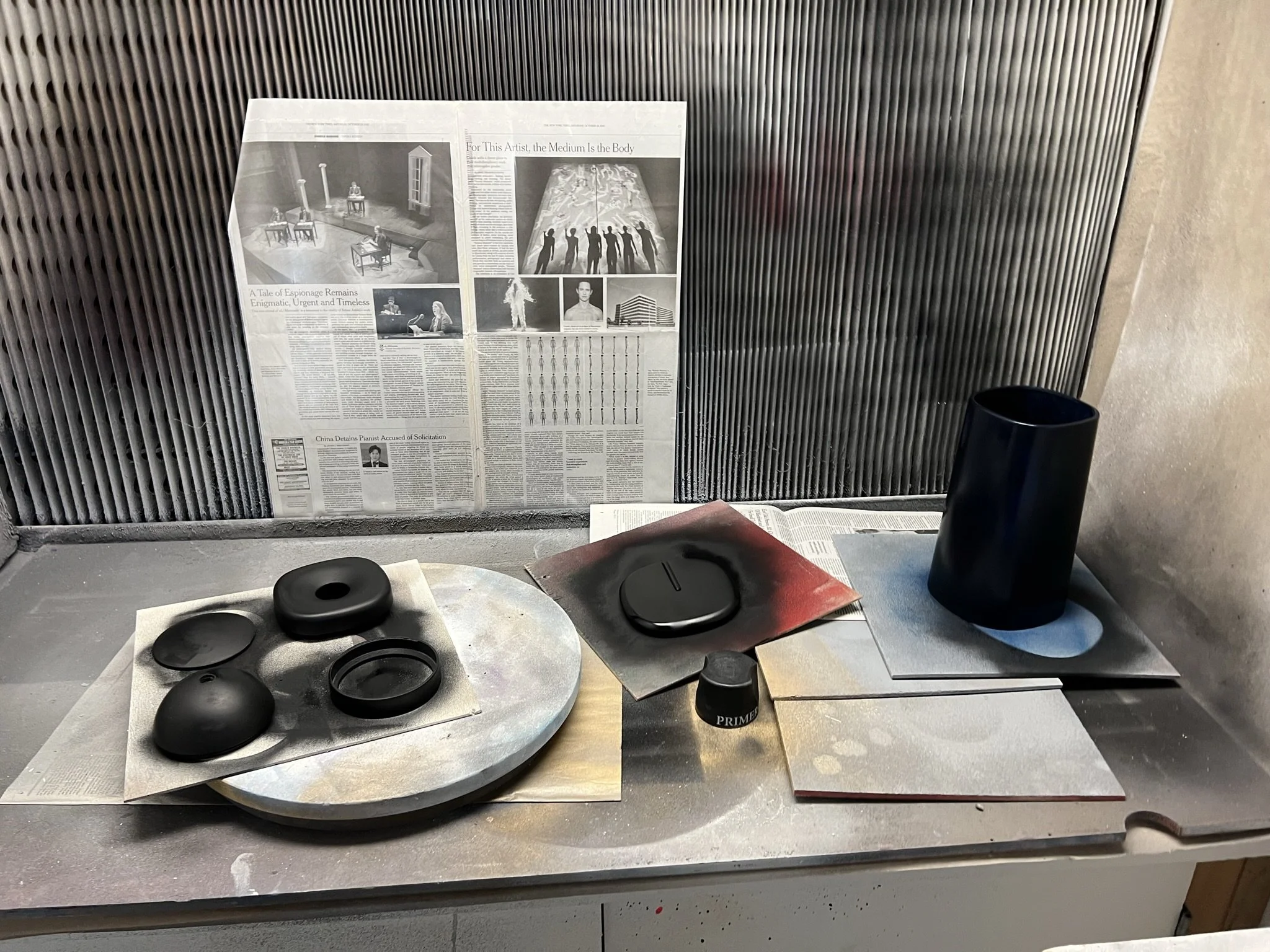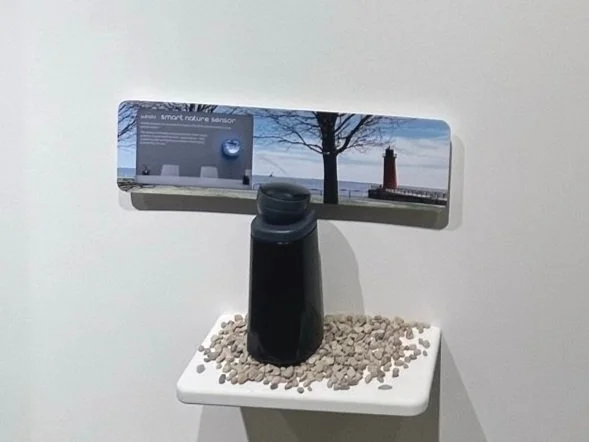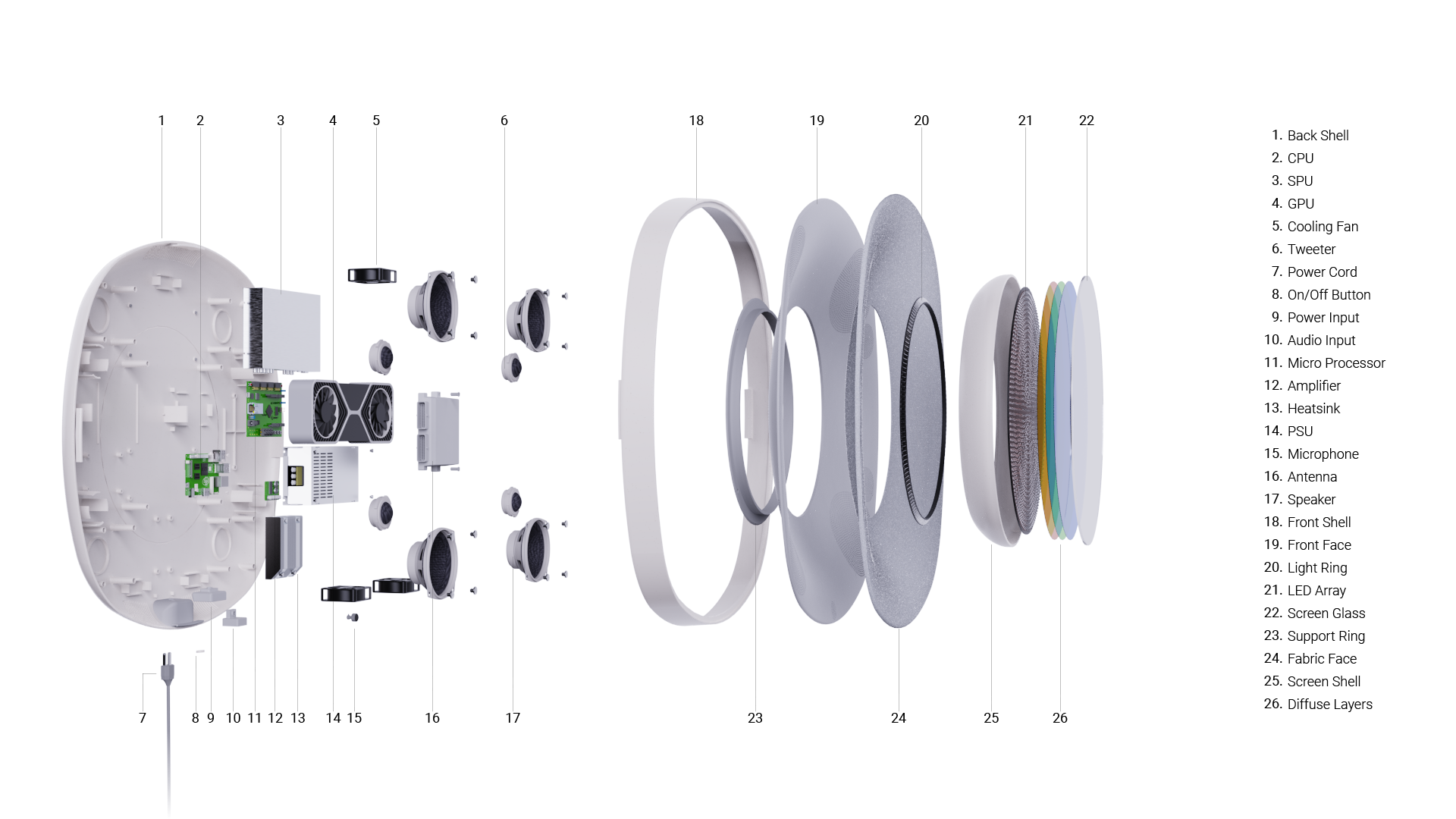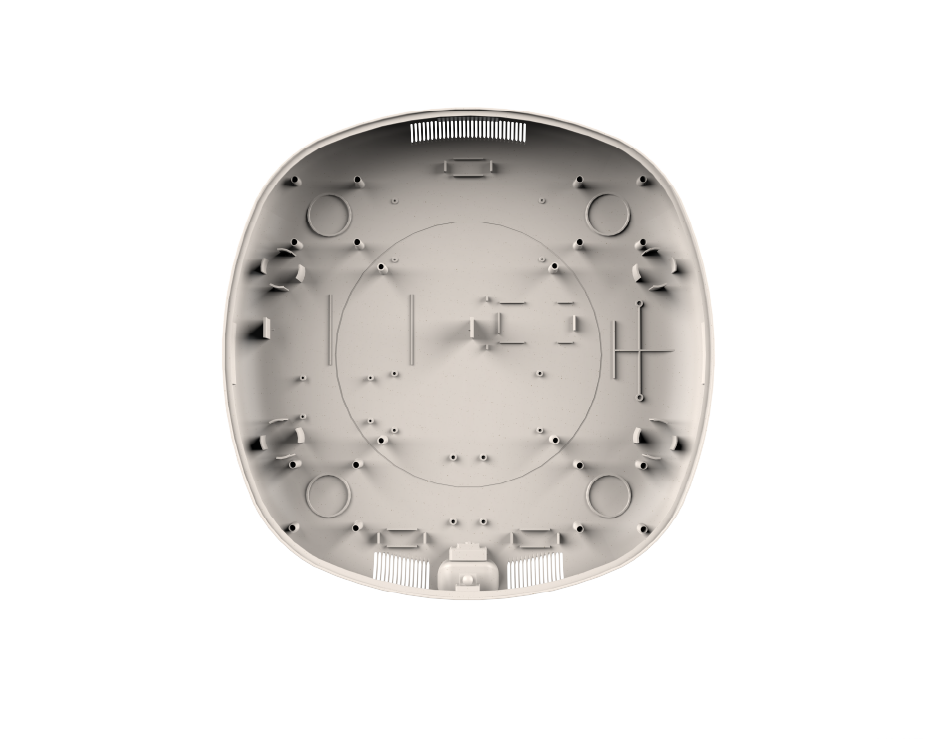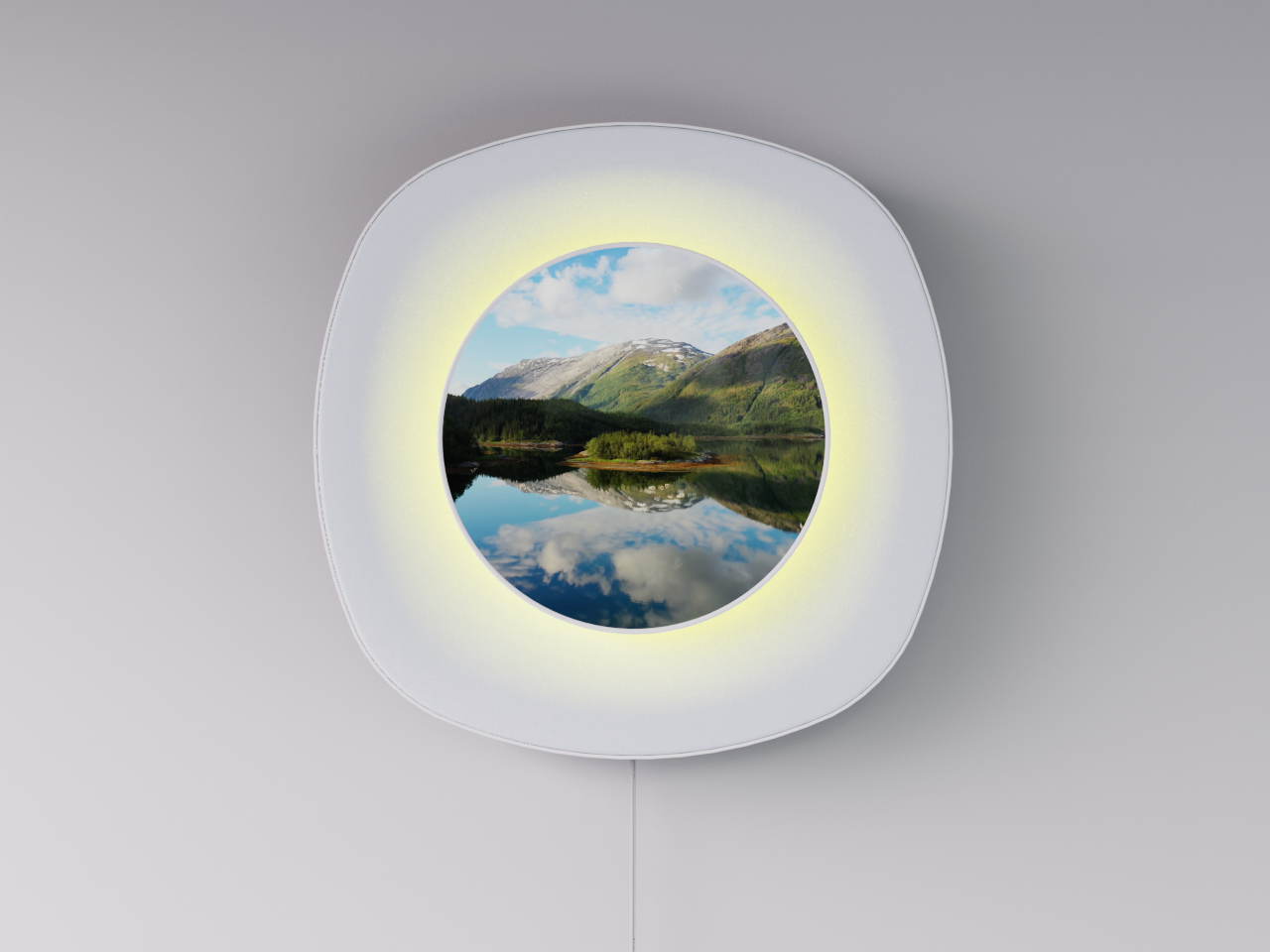Windo
Windo is a multisensory display, designed to infuse offices and hospitals with the ever changing qualities of the natural world. It uses evidence based approach to improve users wellbeing and overall performance ability.
year
2023
timeline
10 weeks
discipline
Industrial Design
3D visualization
Animation
Prototyping
A new connection to the outdoors.
Windo is a multisensory nature display that reconnects indoor spaces with the natural world. It delivers real-time visuals, dynamic lighting, and immersive soundscapes to transform interiors into calming, restorative environments that support overall well-being.
Multisensory nature display
Windo’s system is built on a seamless integration between its Smart Nature Sensor and an intuitive app. The sensor continuously captures real-time natural data—such as light, sound, and visuals—from the outdoor environment and streams it directly to the display. Meanwhile, the app empowers users to effortlessly customize their experience by selecting from various sensor feeds and adjusting settings.
Solar powered nature sensor
Intuitive app control
Real-time nature capture
Windo smart nature sensor focuses on the most captivating natural scenery and streams them to the windo display
Intuitive control and customization
Use the Windo app to easily control the Windo and the outdoor nature sensor
For nearly 200,000 years of human history, we lived in constant connection with the natural world. Our very essence intertwined with the rhythms of nature.
However, we have retreated into constructed interiors, severing the age-old bond that once defined us.
How can we improve connection to the outdoors within non-ideal interior environments?
Connection with nature is proven to drastically our improve mental and and physical wellbeing, but our modern indoor environments are separating us from this essential elixir.
Our modern interiors, particularly offices and hospitals, are artificial spaces distinctly disconnected from the stimulus provided by the natural world.
This lack of natural stimulus is proven to have adverse affects on our stress levels, cognitive performance, mood, and overall health.
Office walk
“It is really monotonous which dulls my mood and makes me less productive”
“Many days I drive to working the dark and don’t leave the office till late and never see the light of day”
"I find myself being more tired throughout the day with the lack of natural light"
“It feels suffocating at times and forces me to take a break and step outdoors for some mental clarity”
Design Goals
Environment
A better indoor environment by allowing the healing features of the outdoors in.
Wellness
Promoting positive moods, reducing stress, and fostering a tranquil indoor environment.
A multisensory experience that resonates with the user's surroundings and promotes a sense of connectedness.
Harmony
Sketch Development
Windo Display Development
My initial sketch exploration was broad and experimental, focused on reimagining interior products by integrating sensory features to replicate natural patterns. Early on, I began considering a literal connection to the outdoors—pairing the indoor display with a live nature recorder. This phase helped me consolidate key sensory elements into a multisensory display concept. Since the goal was to improve wellness, I gravitated toward rounded forms for their organic, comforting quality—a choice later reinforced by user feedback that favored a wall-mounted display over a projector.
I created both small-scale and full-scale low-fidelity prototypes to better understand Windo’s physical presence. Using tools like KeyShot and SolidWorks, I refined how the external light ring, speaker array, and display screen integrated, ensuring the design felt balanced in real space.
Early physical & CAD mock ups
I chose an off-white/cream tone so Windo would blend seamlessly into various interiors, serving as a neutral canvas that dynamically adapts to its changing visuals. The fabric front face enhances the comforting aesthetic, gently diffusing the light ring’s glow and doubling as a grille for the speaker array. I selected recycled polycarbonate with a subtle, speckled texture to add an organic, tactile quality to the shell, and the UI was designed to be easily accessible without distracting from the overall look.
CMF & UI refinement in CAD and keyshot
To validate the design, I built a full-scale prototype using polyurethane foam and CNC machining for the shell. I incorporated 3D-printed parts to house a light module that functions as both the display’s backlight and the external light ring—capable of dynamically changing hue and intensity. I simulated the display by printing a photograph on a backlight material and laser-cutting a styrene screen, while finishing the CNC-machined front face with an antimicrobial fabric.
Building final prototype
Nature Sensor Development
Sketch development
Versatility was crucial for the nature sensor. I designed it to be self-sufficient—with solar panels for power—and opted for ground placement to enable omnidirectional capture by the camera, light sensors, and microphone. The sensor’s design was driven by functional needs while ensuring visual harmony with the Windo device for a unified system appearance.
Mock up ideation
I produced numerous small-scale models alongside full-scale cardboard sketches. This iterative process allowed me to gauge the overall form and function of the sensor, highlighting areas for refinement and confirming how best to integrate its key features.
Feature integration & CMF refinement in CAD and Keyshot
Using CAD tools, I refined the placement of the solar panel and finalized the sensor’s finish. I adopted a “solar shell” design to maximize the active surface area and achieve a seamless appearance. Blue hues were chosen to harmonize with the sensor’s outdoor context, reinforcing its connection to nature.
Building the final prototype
A 3D-printed appearance model validated the sensor’s design, with components engineered to snap-fit together for ease of assembly, ensuring that the final sensor was both functional and aesthetically cohesive with Windo.
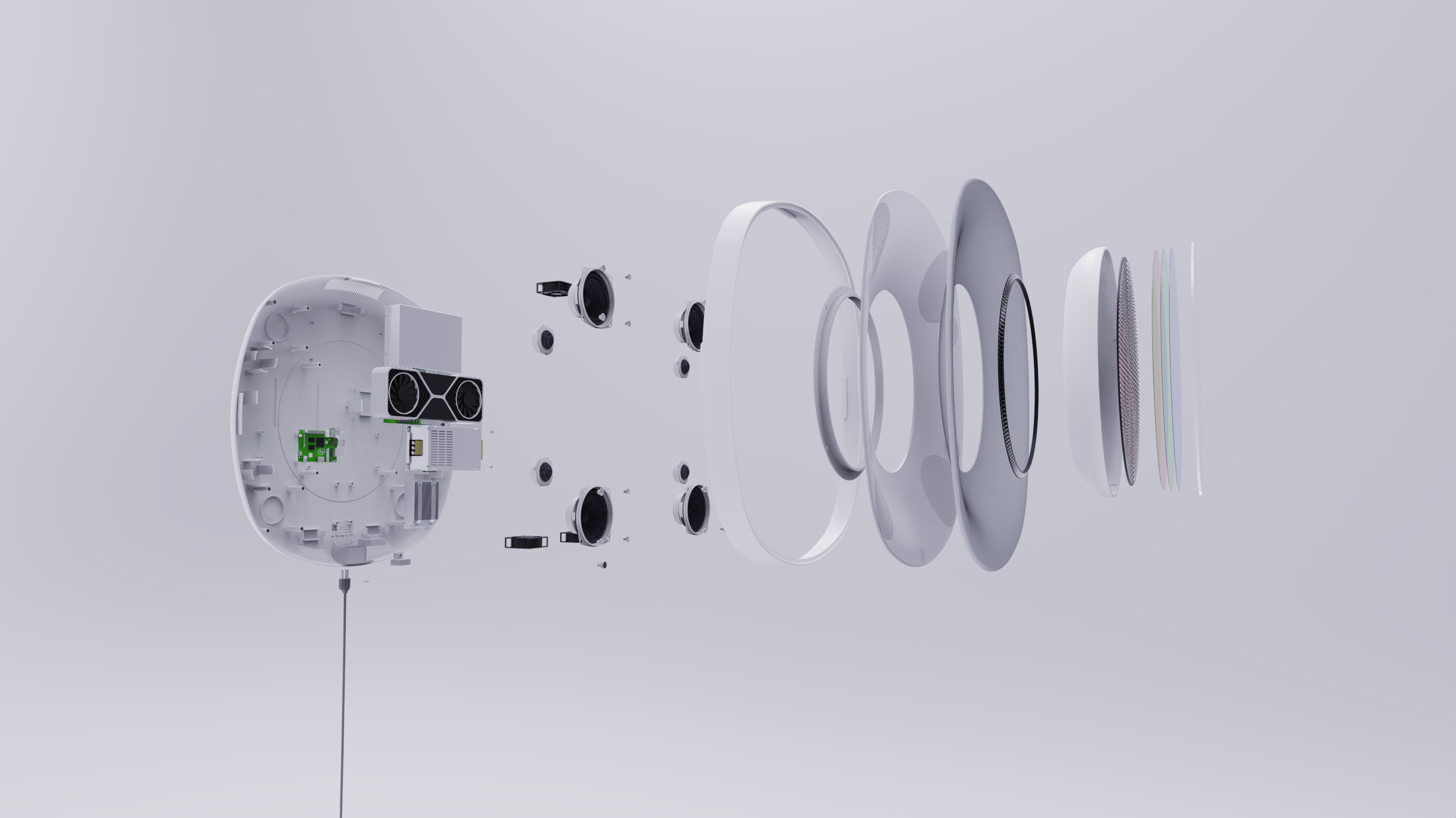
A new type of display
The Windo display features a groundbreaking 8K circular screen which delivers dynamic and diffuse lighting that mimics the outdoors. By providing broad-spectrum light, it not only ensures accurate and mood-enhancing visuals, but also contributes to well-being by replicating the full spectrum of natural sunlight which is essential for a healthy indoor environment.
Mood-enhancing lighting
Replicating the natural sunlight spectrum not only transforms spaces into tranquil havens, but also promotes the release of serotonin. The release of serotonin is attributed to elevating mood, reducing stress, boosting cognitive abilities, and fostering overall well-being.
Natural Soundscapes
A thoughtfully integrated sound system delivers gentle and natural audio, fostering a calming and restorative environment.
Health, Wellness, and Performance benefits
Exposure to natural stimuli such as outdoor scenes, broad-spectrum lighting, and soothing sounds can improve mood and reduce feelings of stress and anxiety. This can contribute to better mental well-being.
Mood Enhancement:
Simulating natural environments can create a calming effect, which helps individuals relax and reduce stress levels. It may be particularly beneficial for people dealing with high-stress lifestyles or challenging work environments.
Stress Reduction:
Broad-spectrum lighting that mimics natural daylight can help regulate the body's circadian rhythms. This can lead to better sleep patterns, increased alertness during the day, and improved overall sleep quality.
Circadian Rhythm Regulation:
A more comfortable and mood-enhancing indoor environment can positively impact productivity and focus. People may find it easier to concentrate on tasks and be more productive in a pleasant workspace.
Improved Productivity:
The circadian rhythm regulation and the calming effects of the display can contribute to better sleep quality, making it easier for individuals to fall asleep and wake up refreshed.
Better Sleep:
The high-quality 8K display, coupled with natural lighting, can reduce eye strain associated with long hours of screen use, promoting eye health.
Reduced Eye Strain:
The display's ability to bring outdoor scenes indoors allows individuals to experience the benefits of natural light without leaving their indoor environment. This can be especially valuable in settings with limited access to natural light.
Increased Exposure to Natural Light:
The multisensory experience of natural visuals, soothing sounds, and mood-enhancing lighting can stimulate the senses, providing a holistic sensory experience and potentially improving overall mental health.
Sensory Stimulation:
The emotional connection with nature, even in an indoor setting, can contribute to feelings of happiness, tranquility, and contentment.
Emotional Well-being:
The Windo Smart display transforms indoor spaces into more comfortable and inviting environments. By simulating the sights and sounds of the natural world, it fosters a sense of tranquility and contentment. This enhanced comfort not only makes indoor living more enjoyable but also helps reduce stress and promotes overall well-being.
Healthier Indoor Living:

a blank canvas filled by natures beauty
Windo is perpetually transformed by the enchanting sensory tapestry of the great outdoors. The ever-shifting visuals, dynamic lighting, kaleidoscope of colors, and symphony of sounds consistently amplify the magnificence of the natural world.
